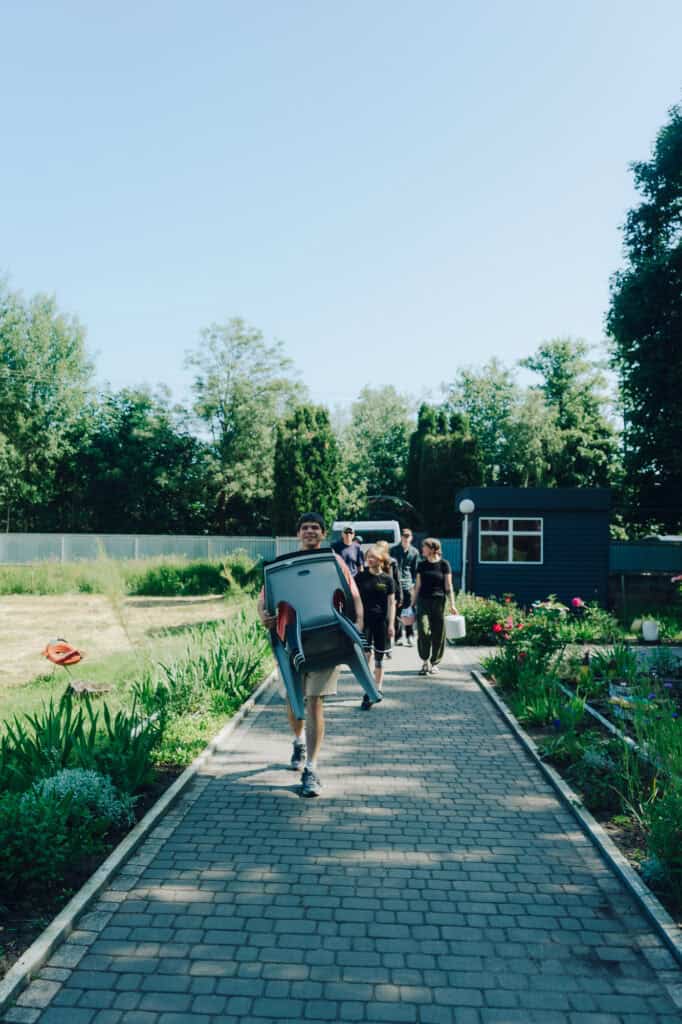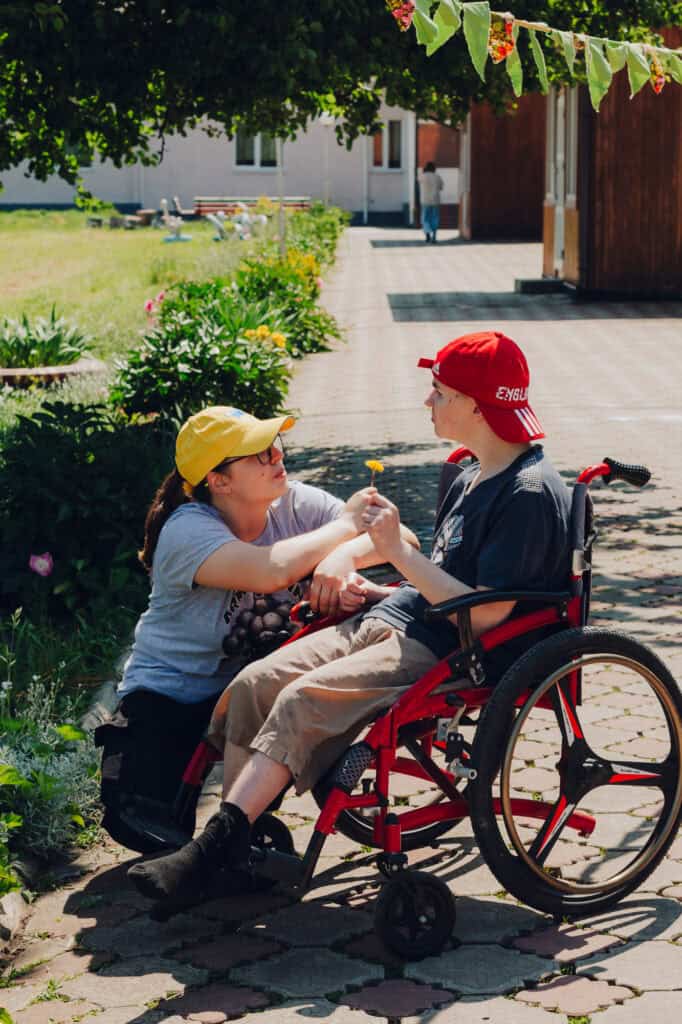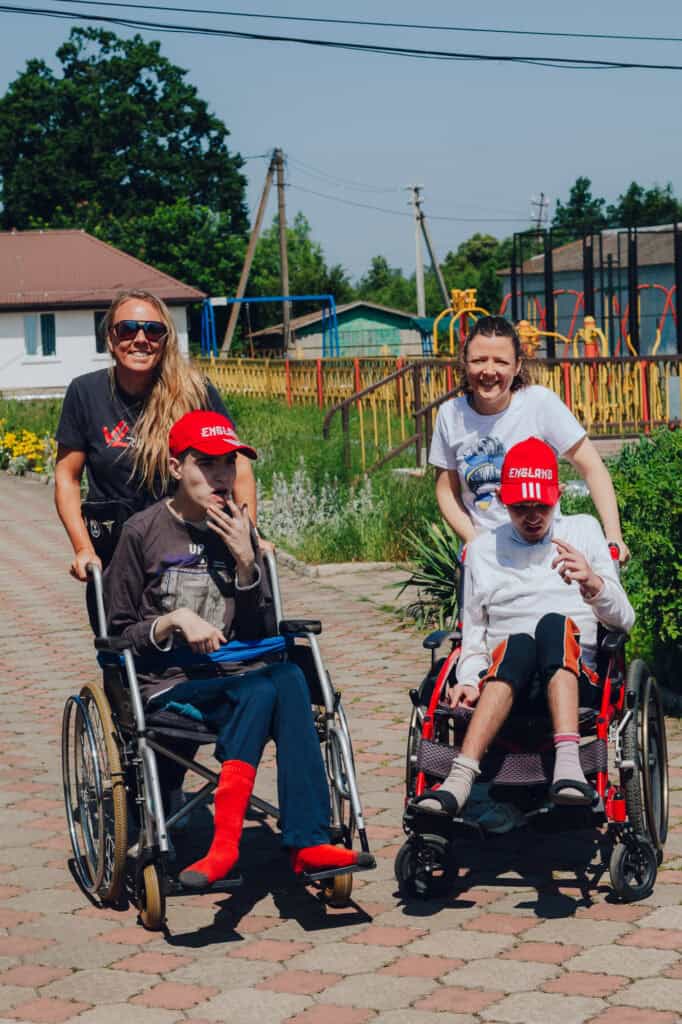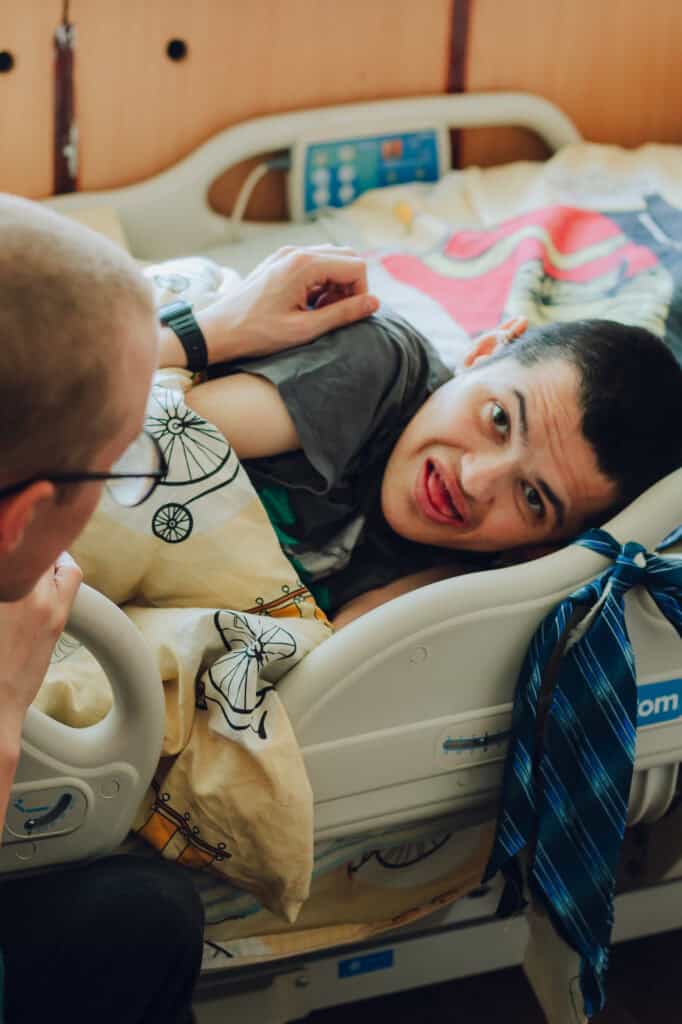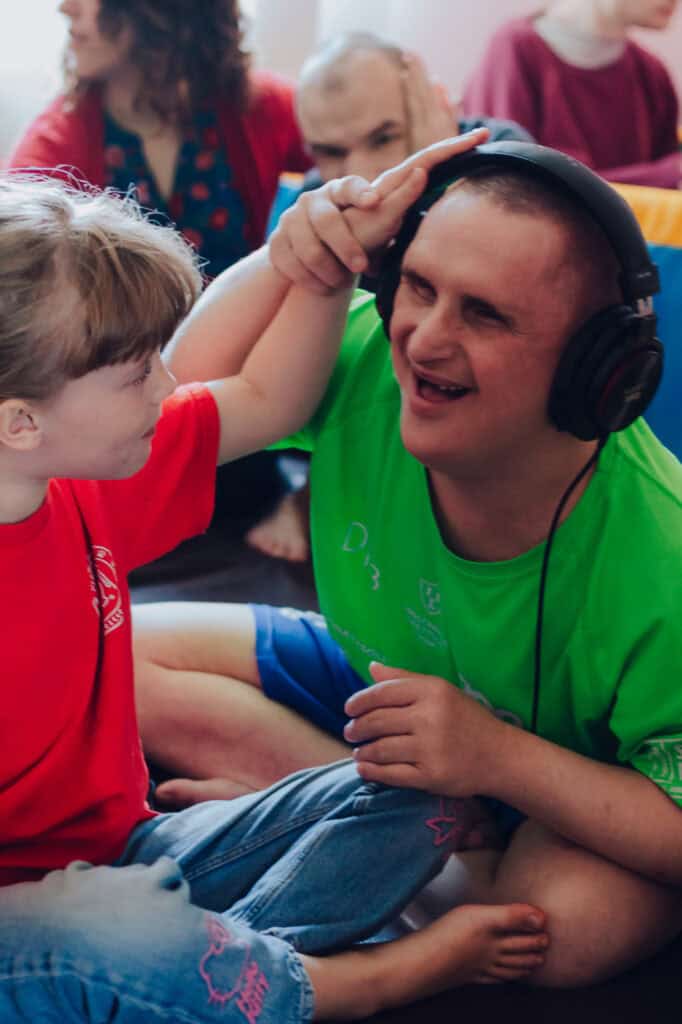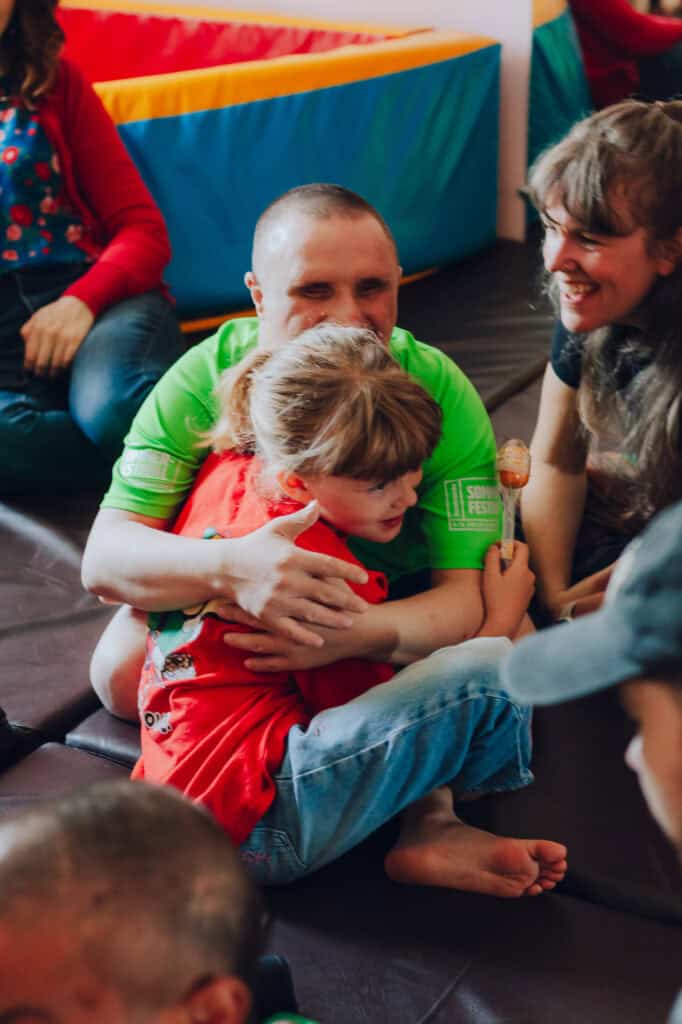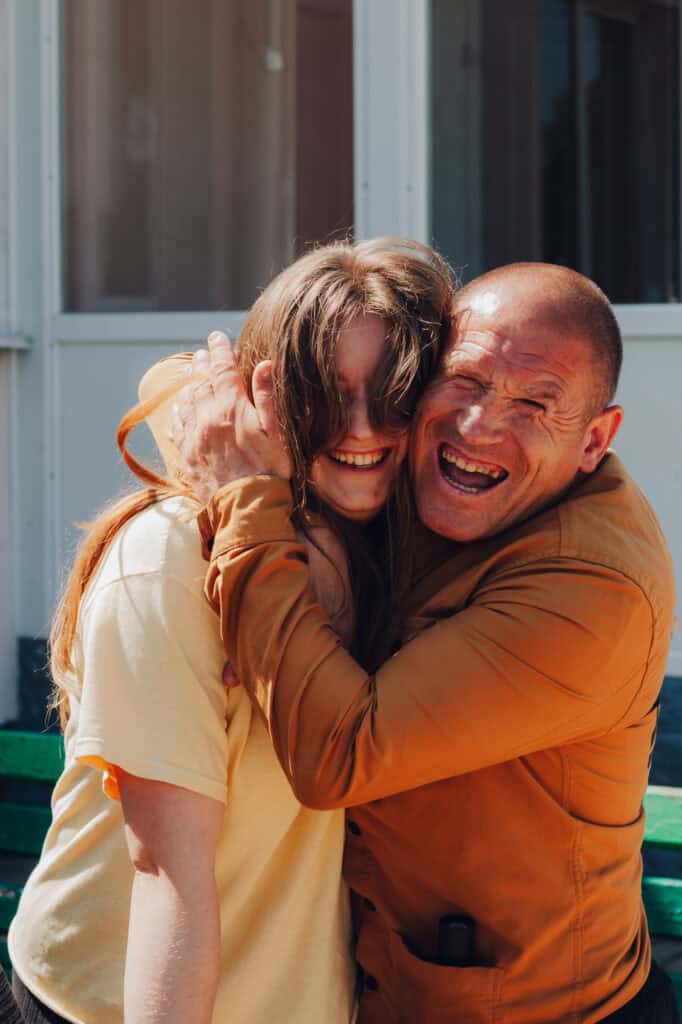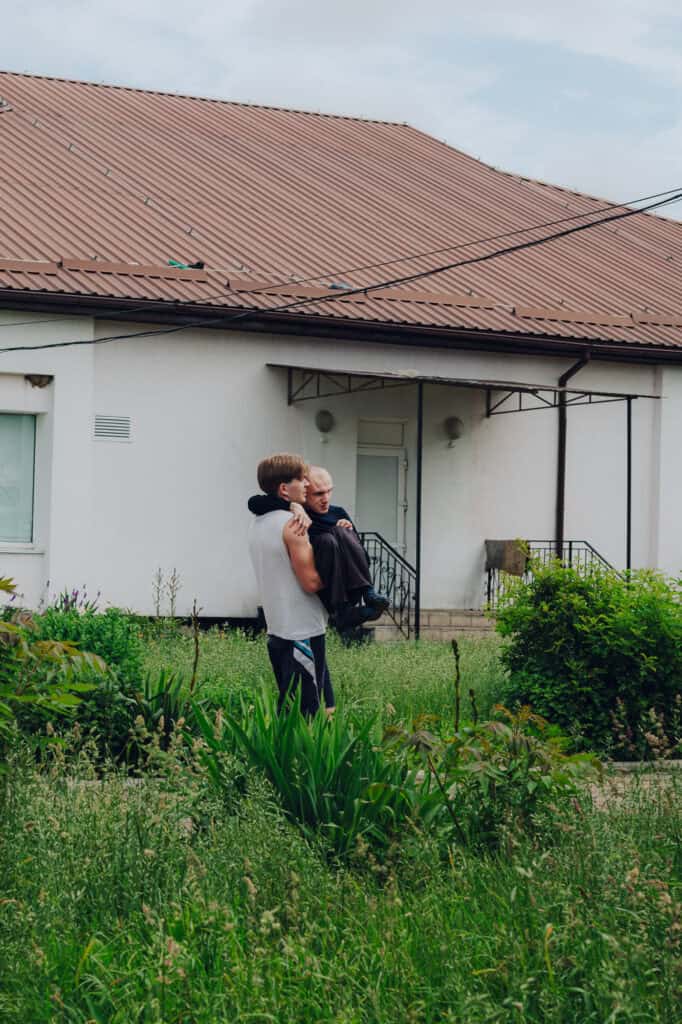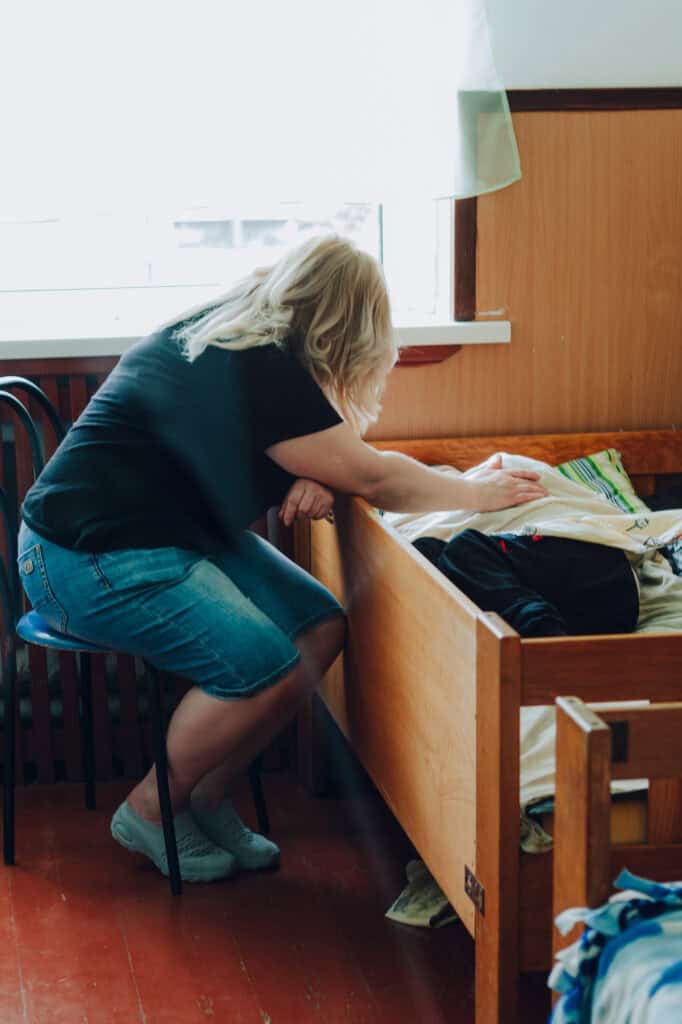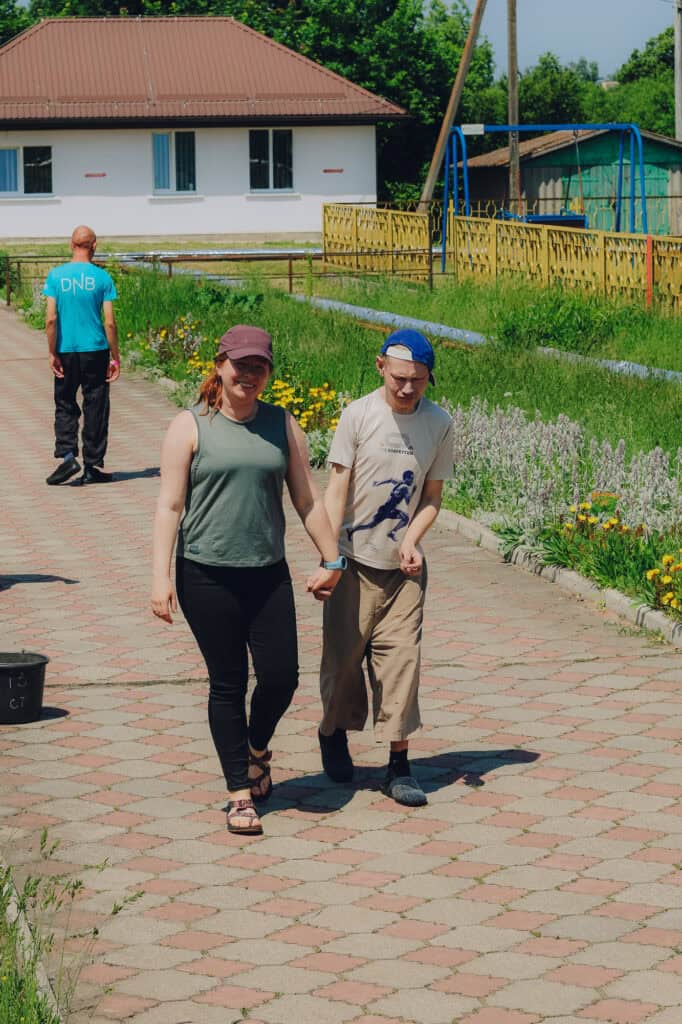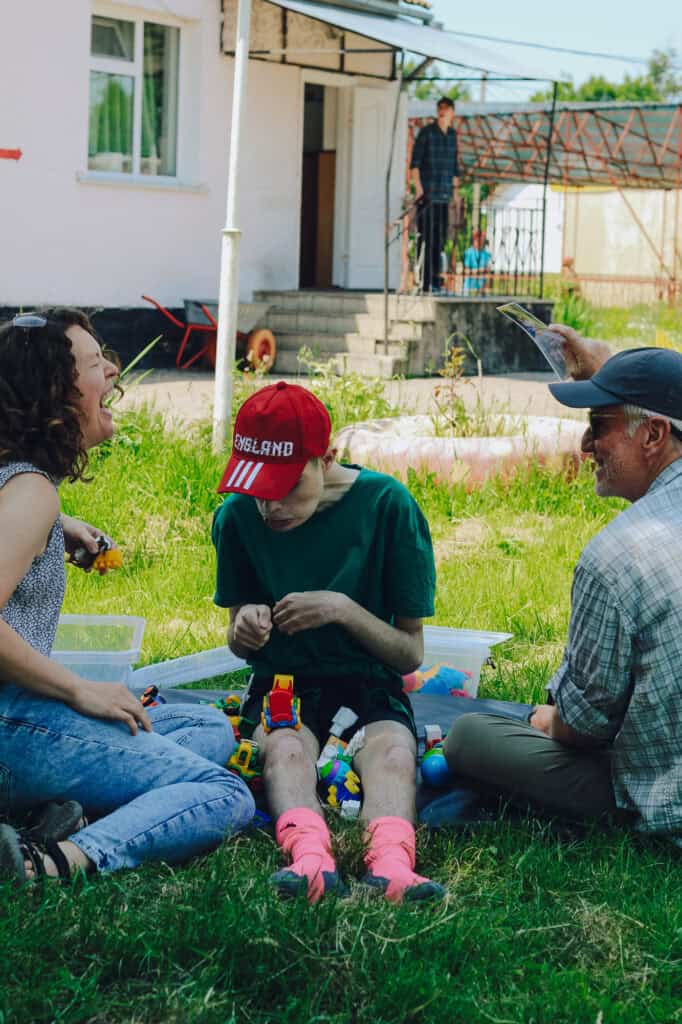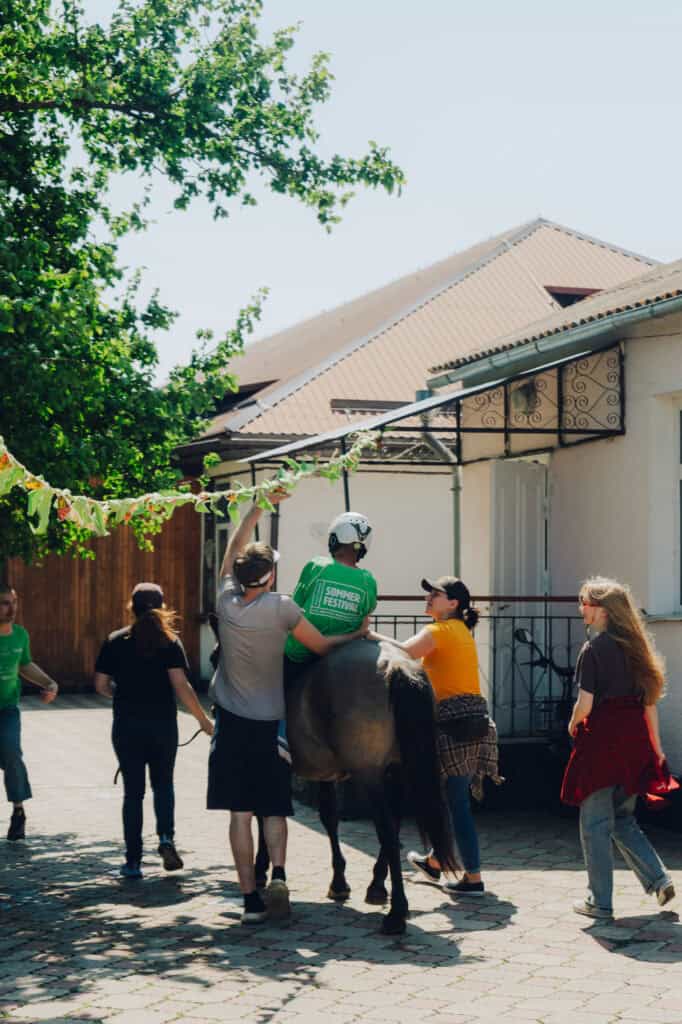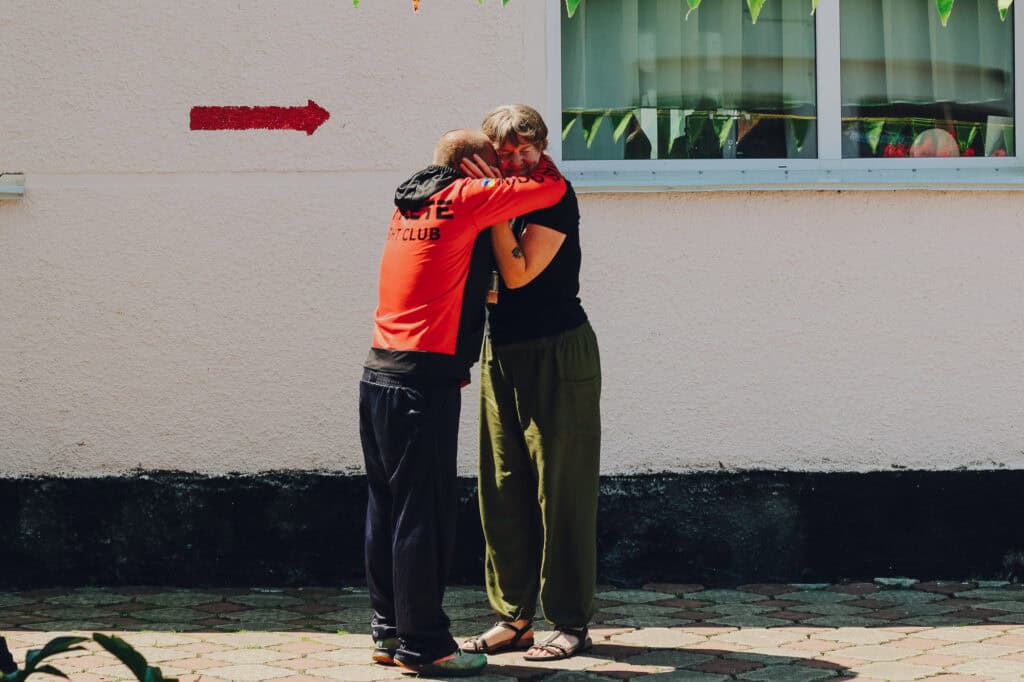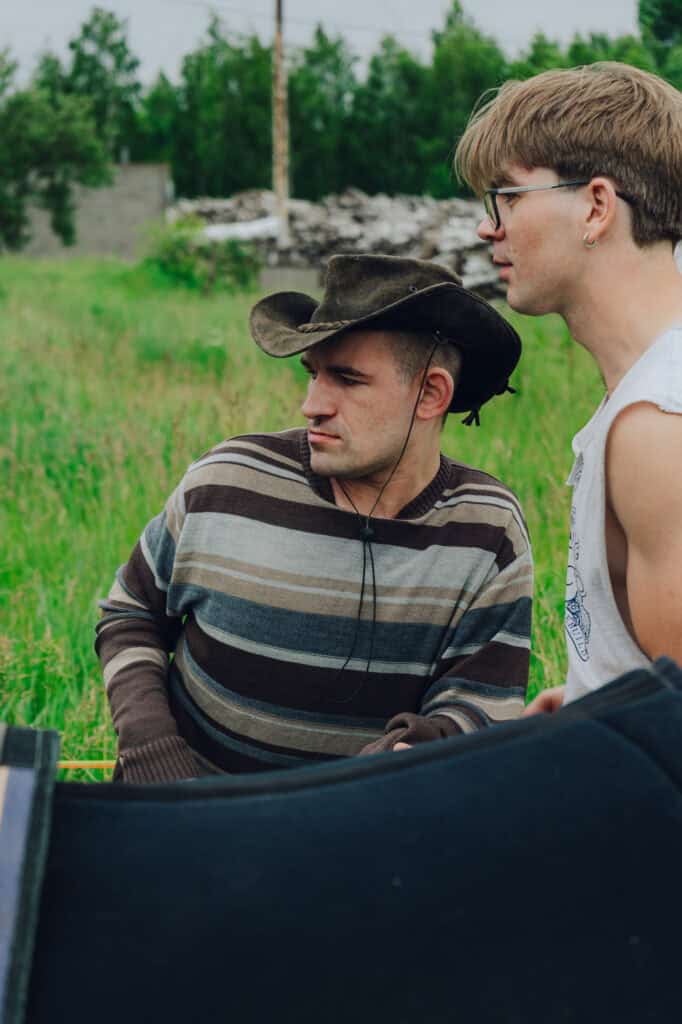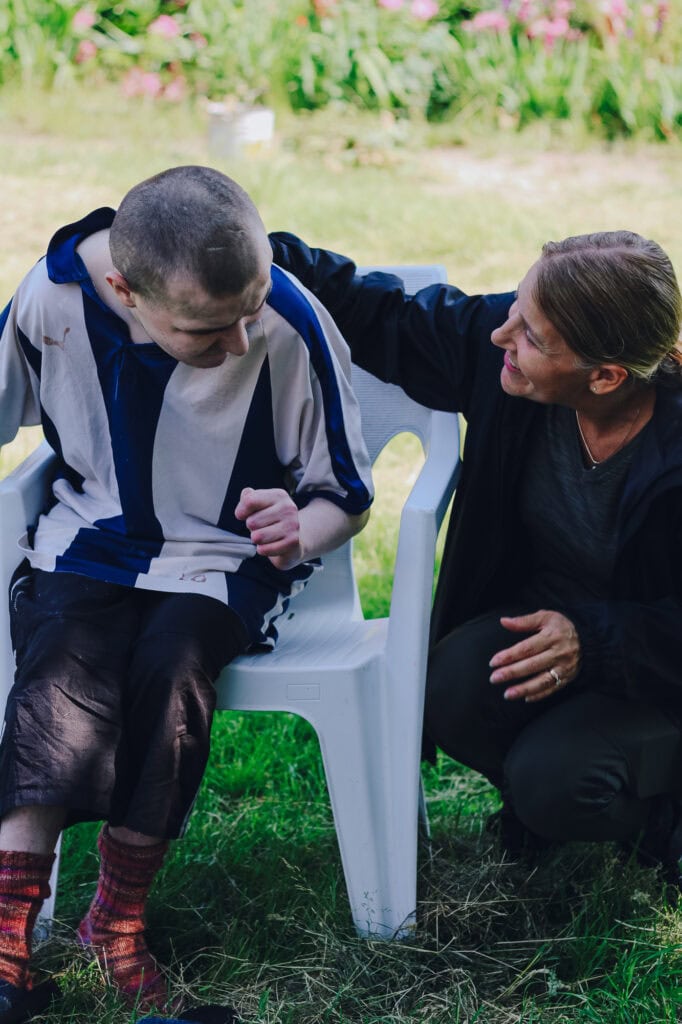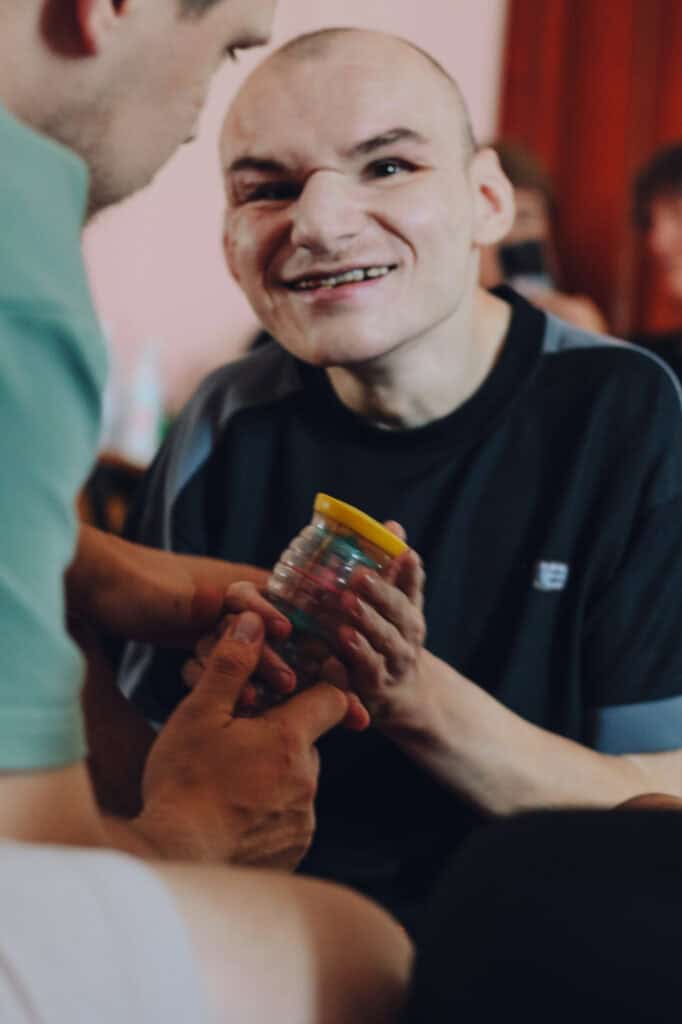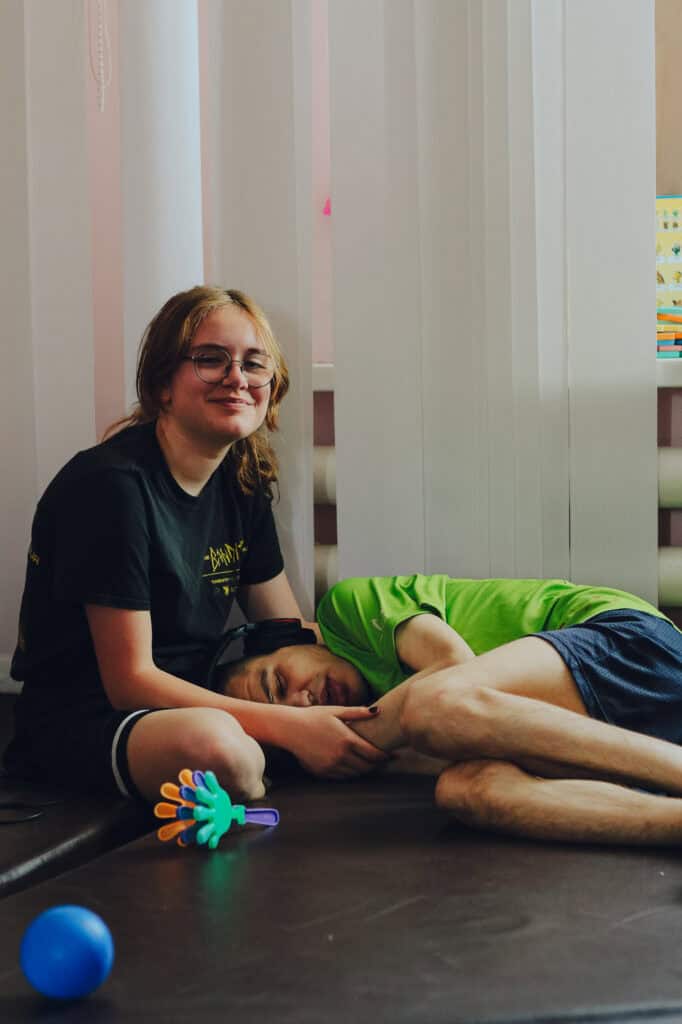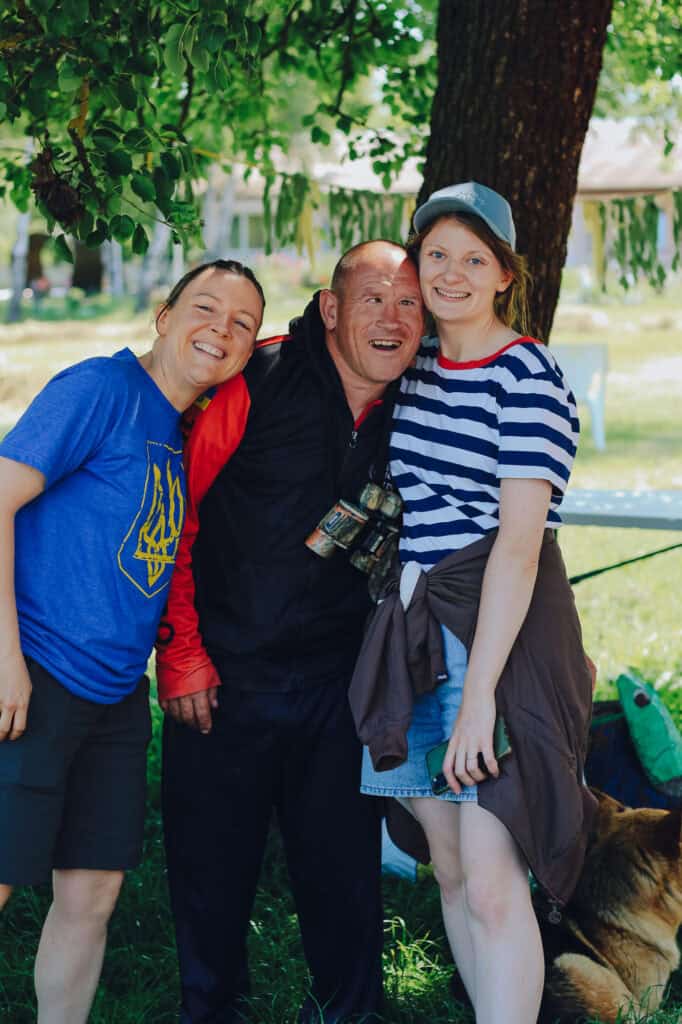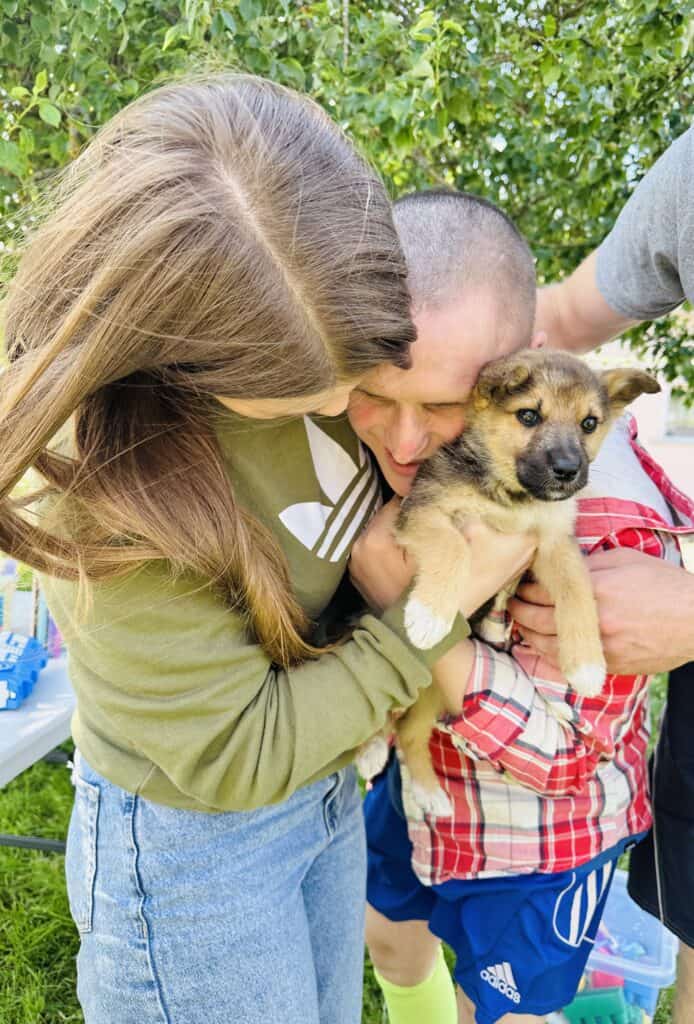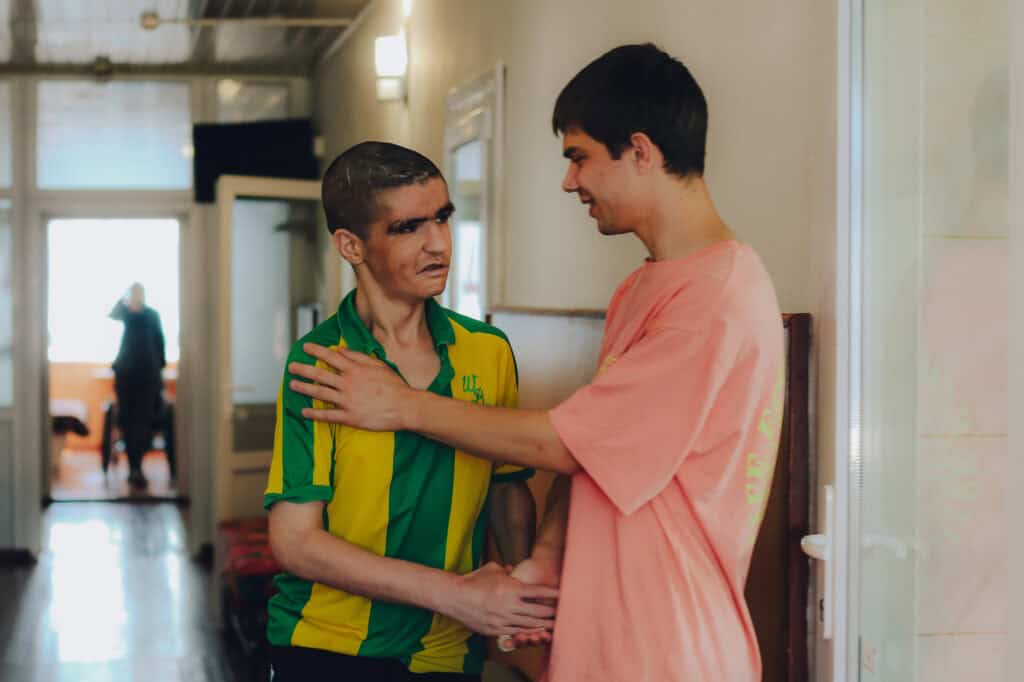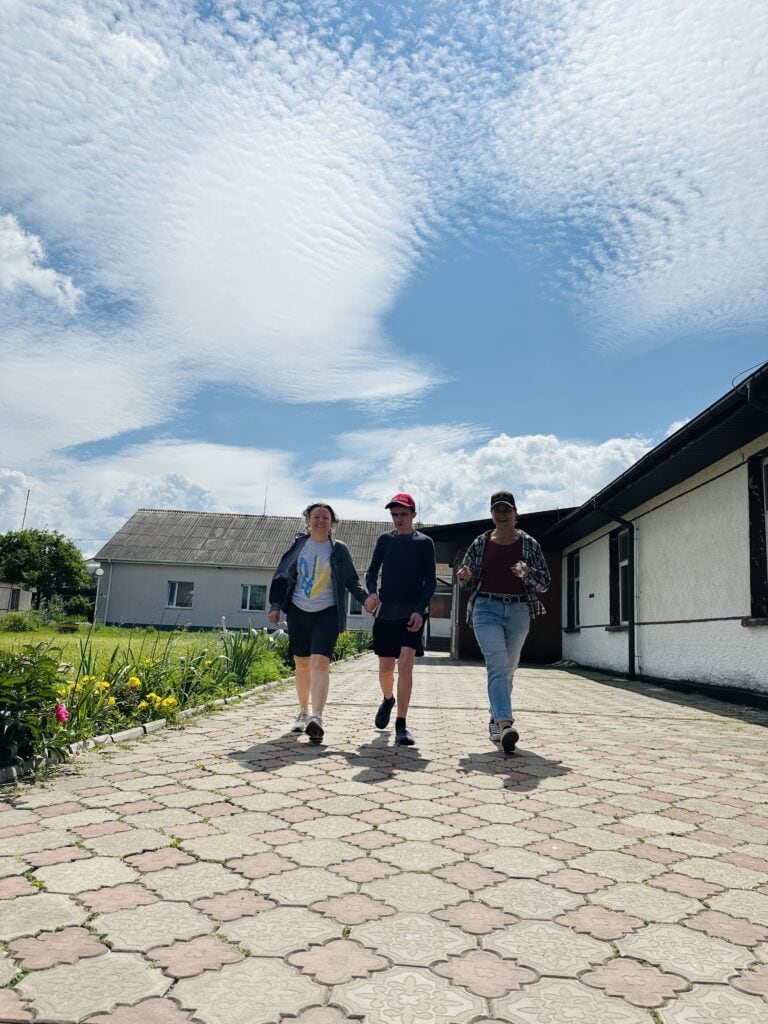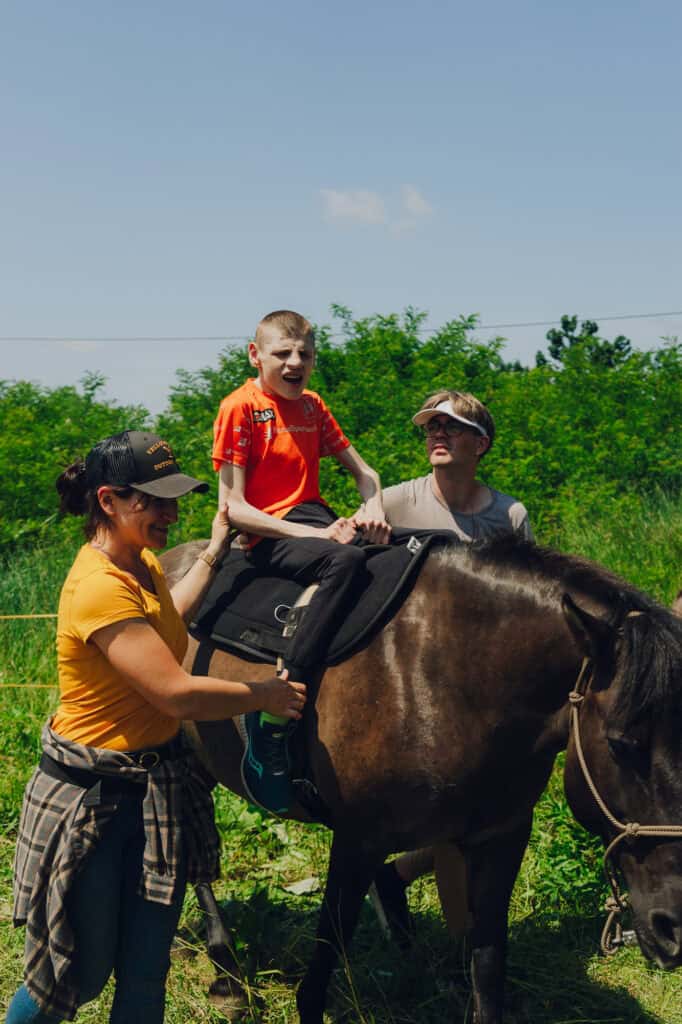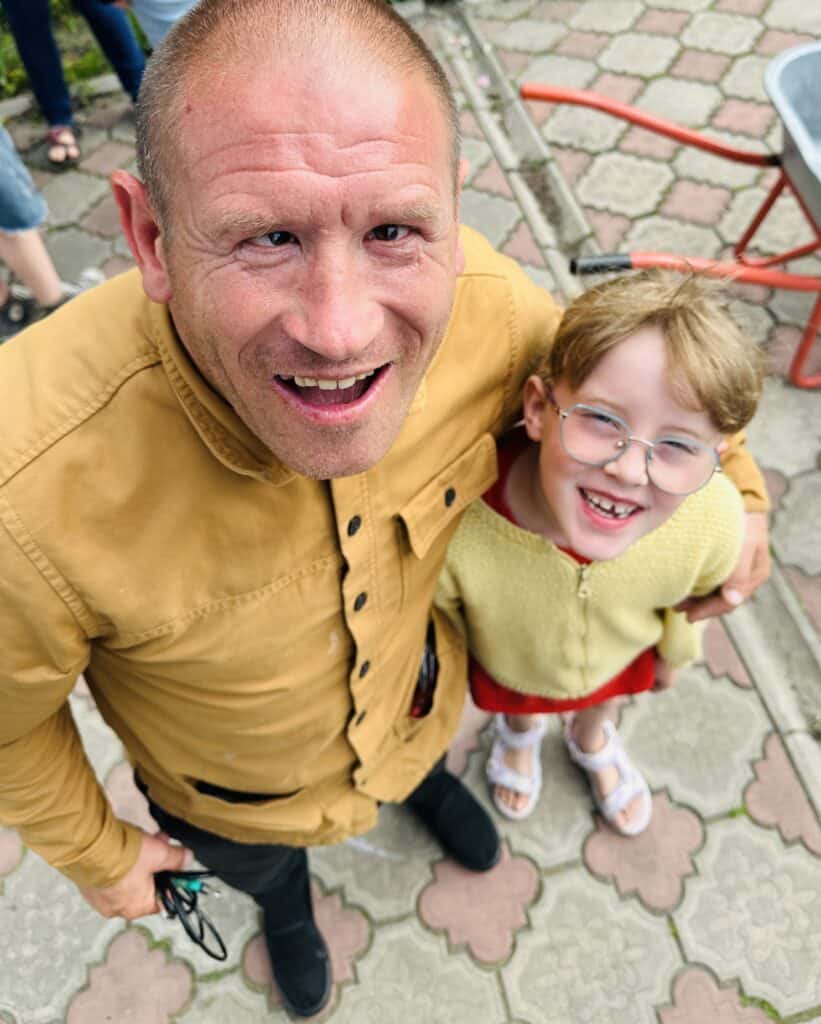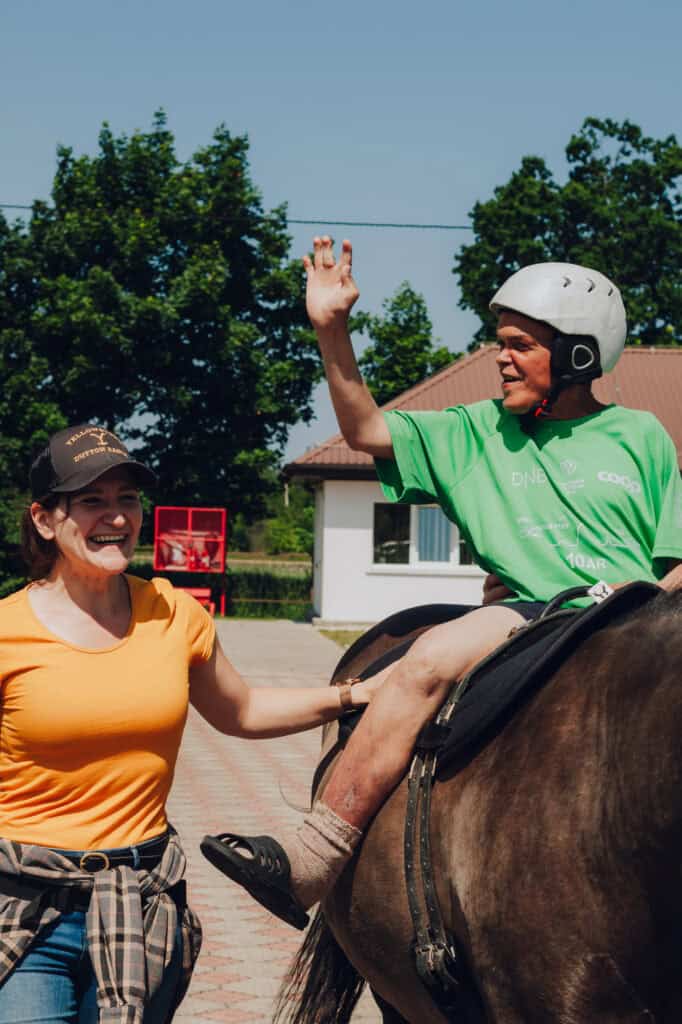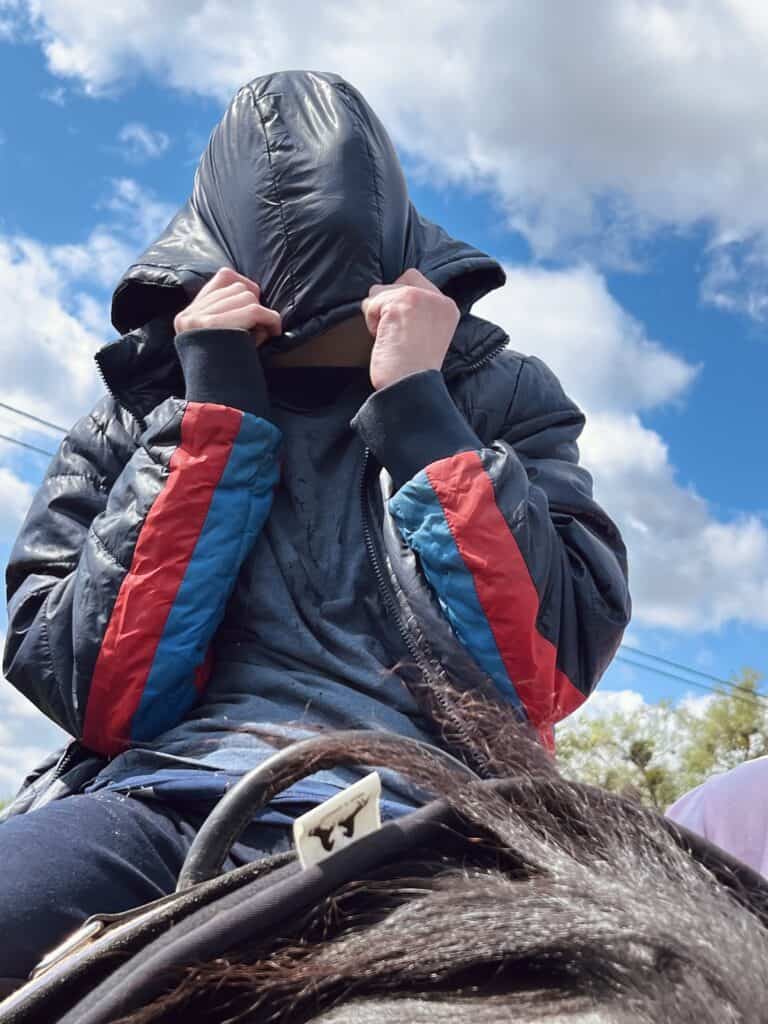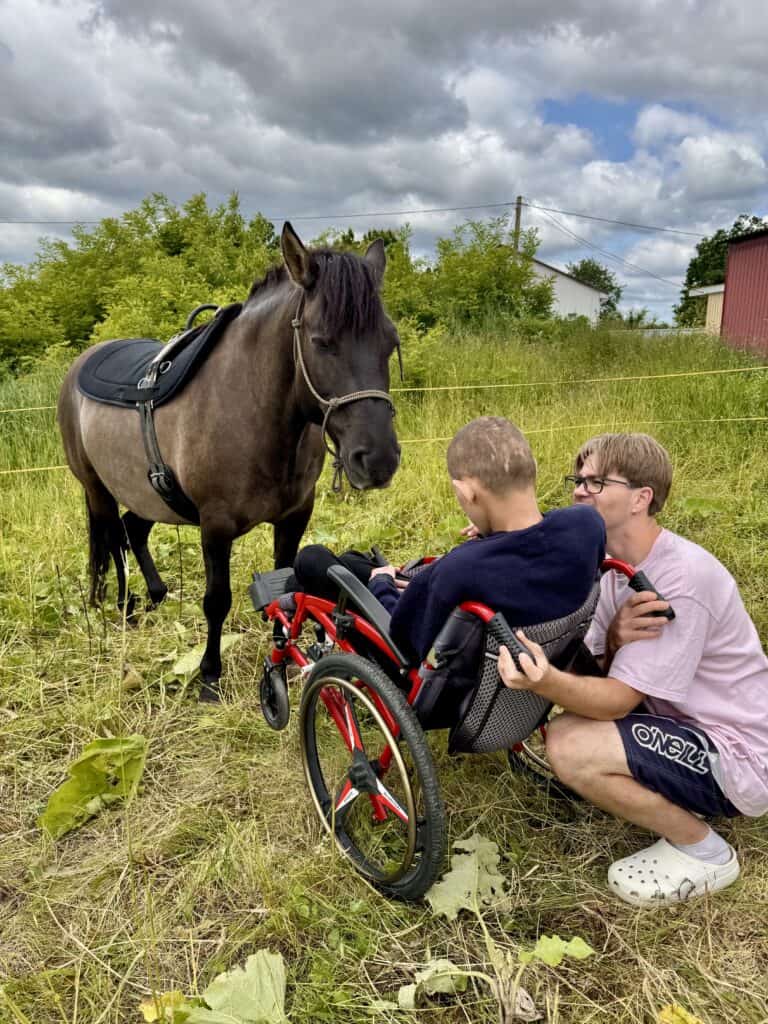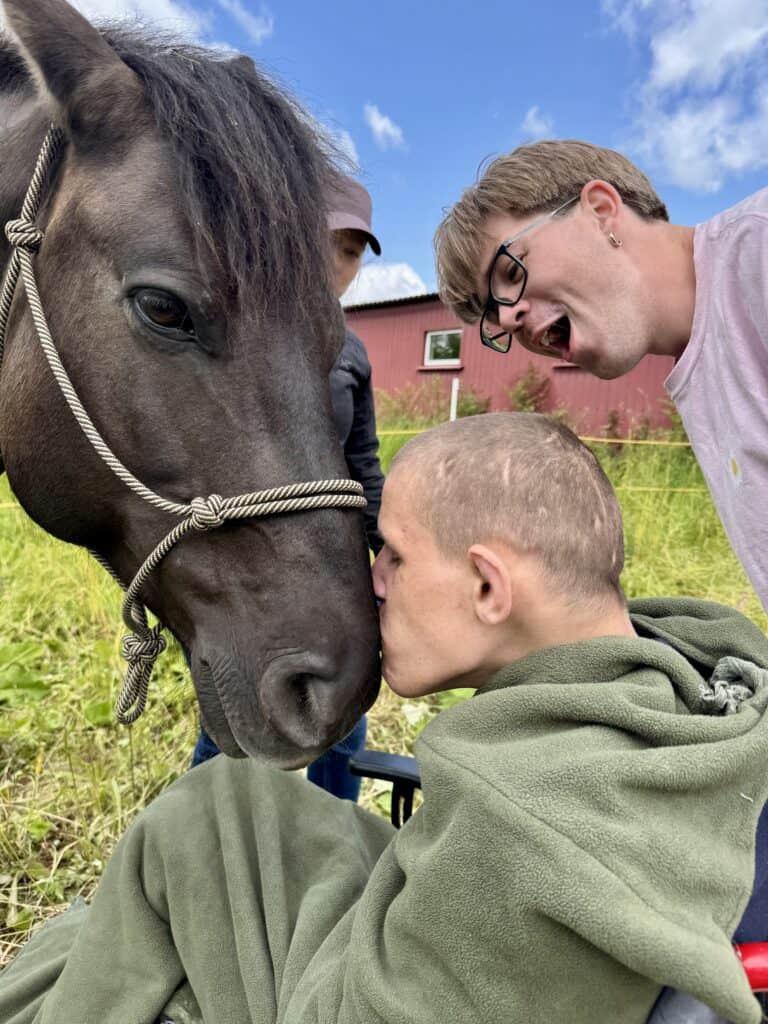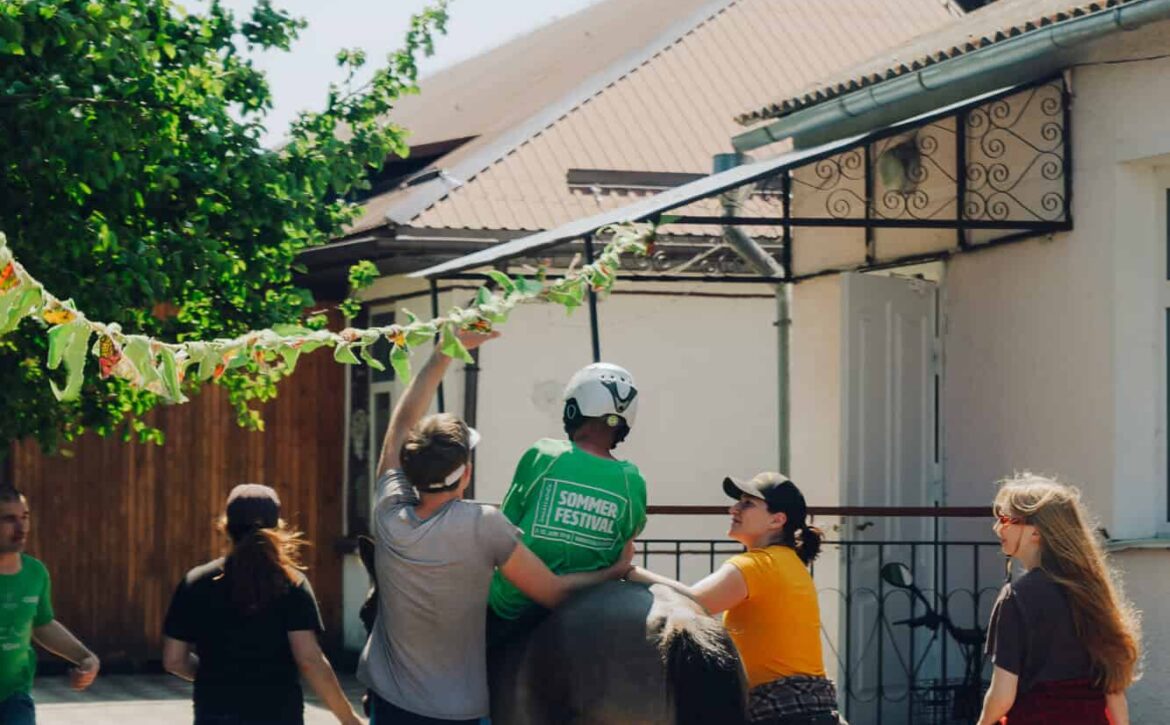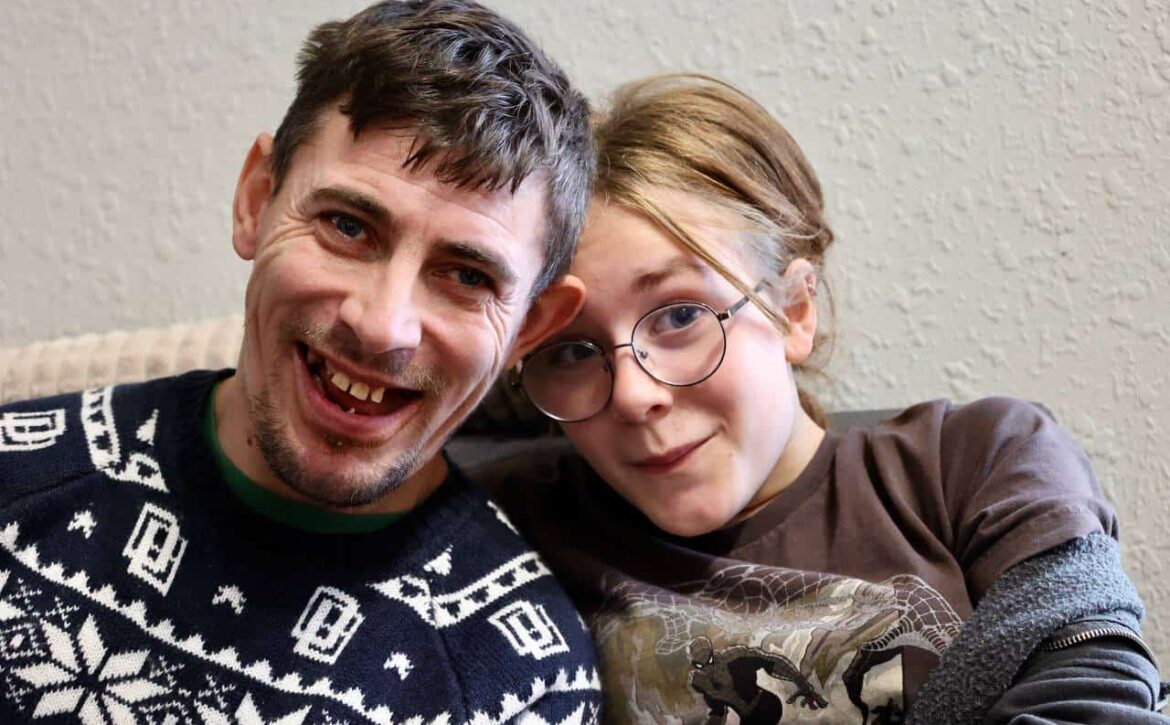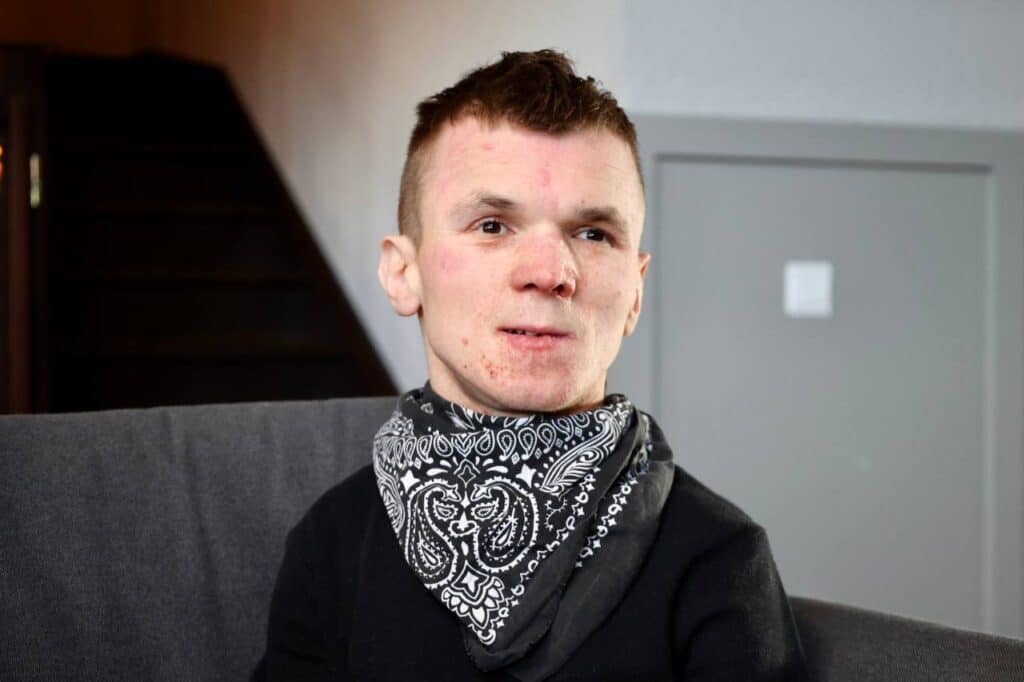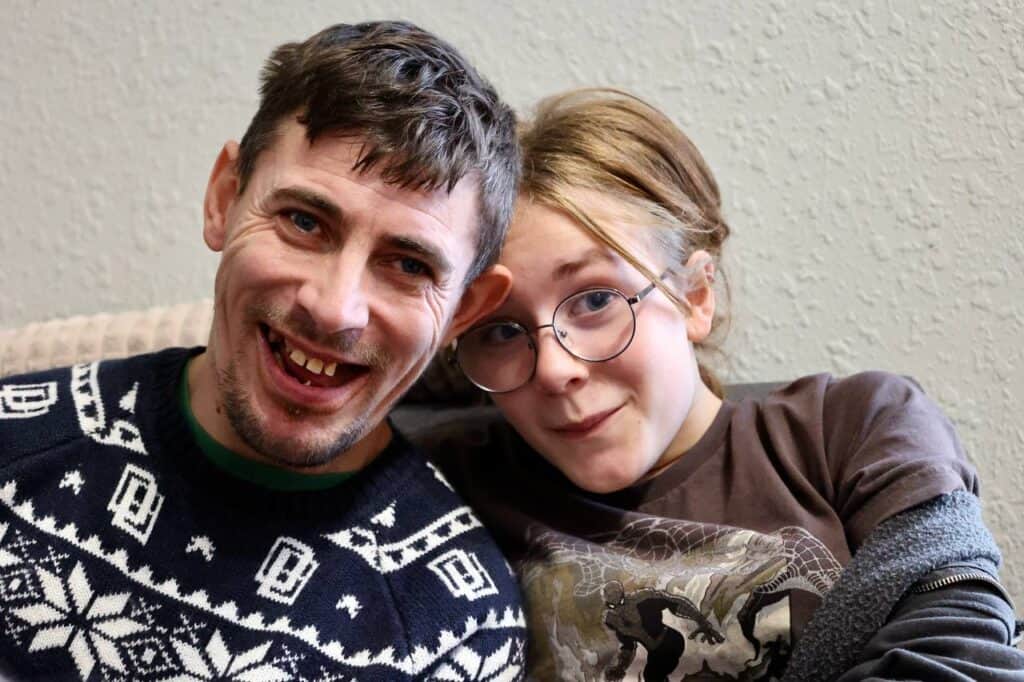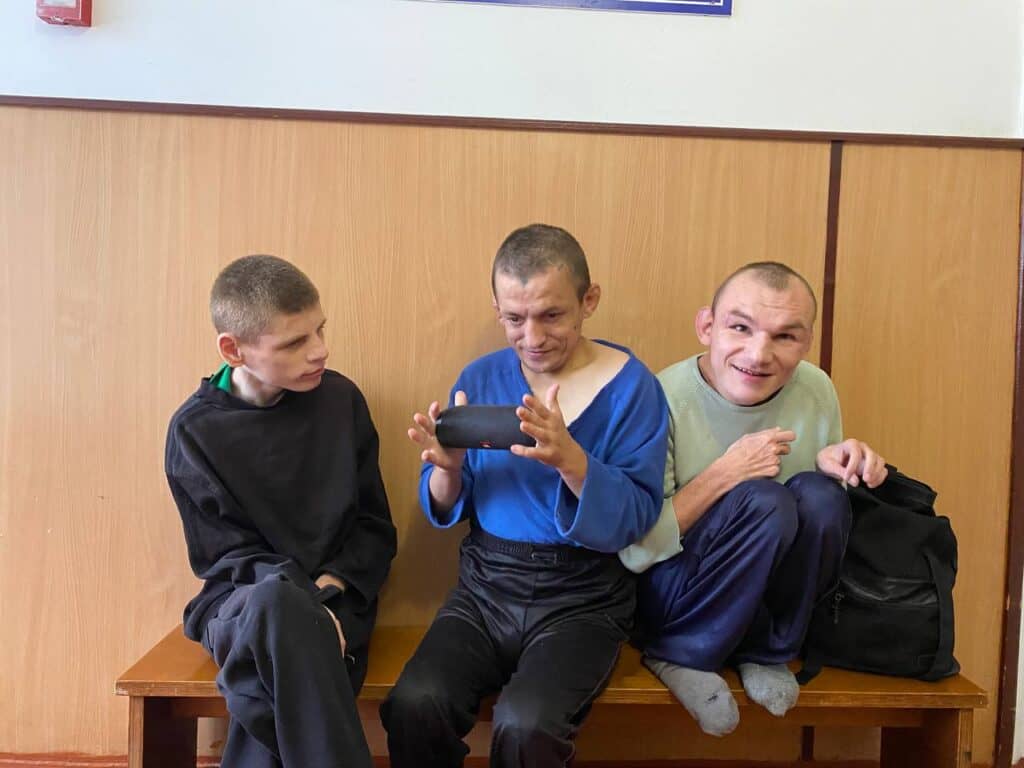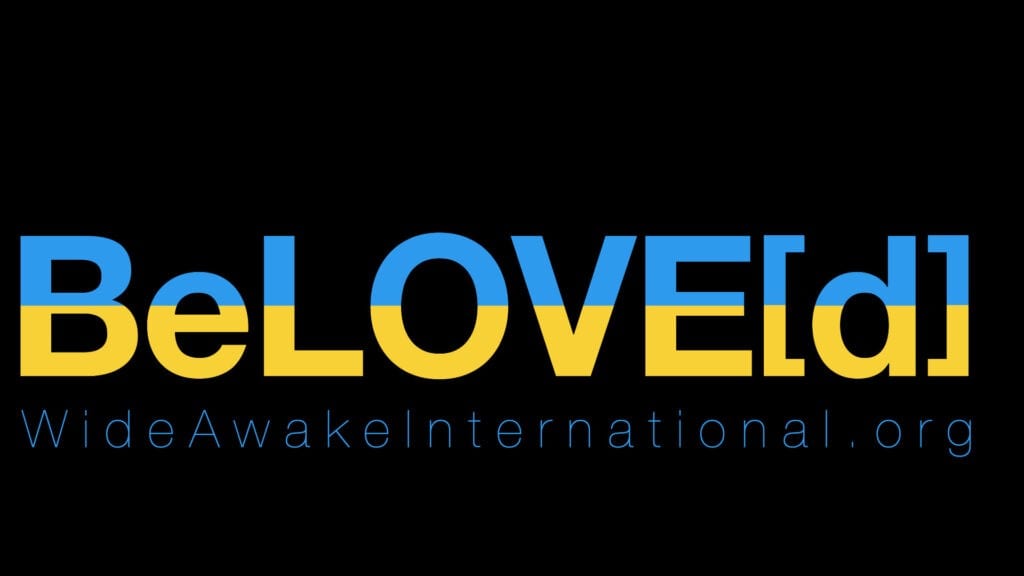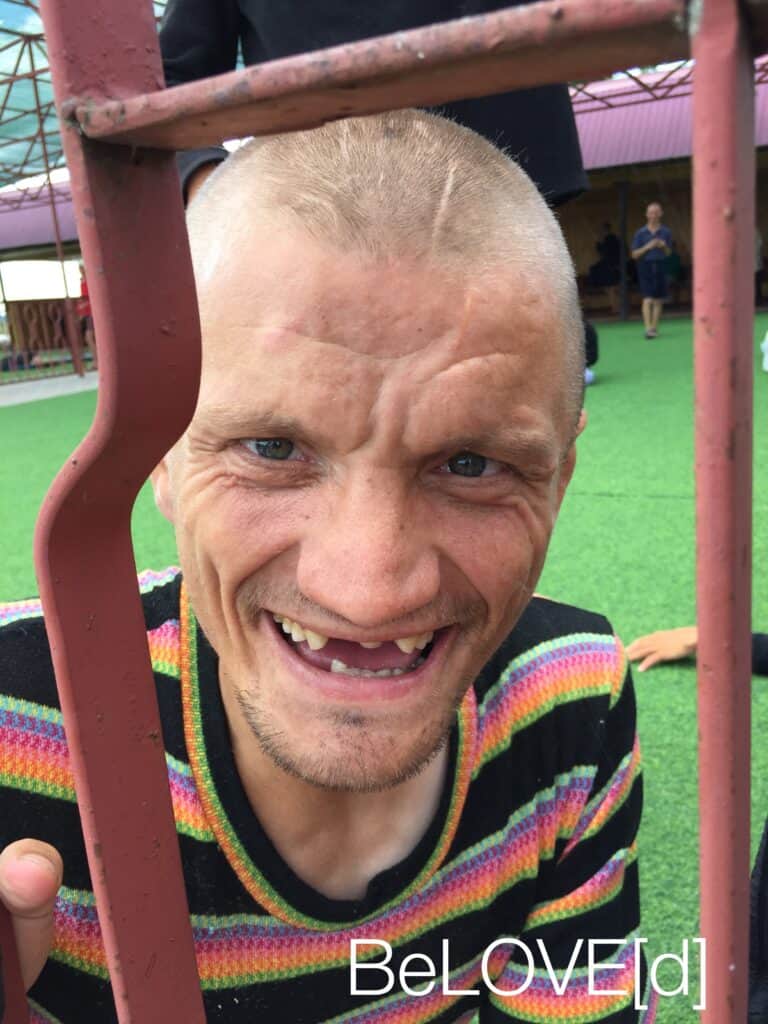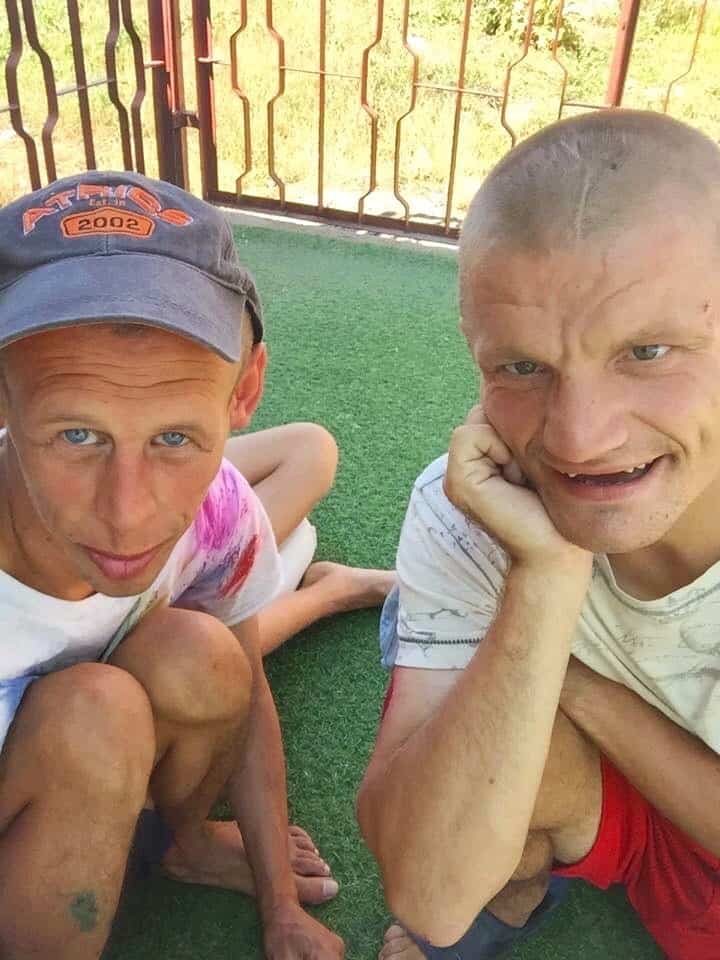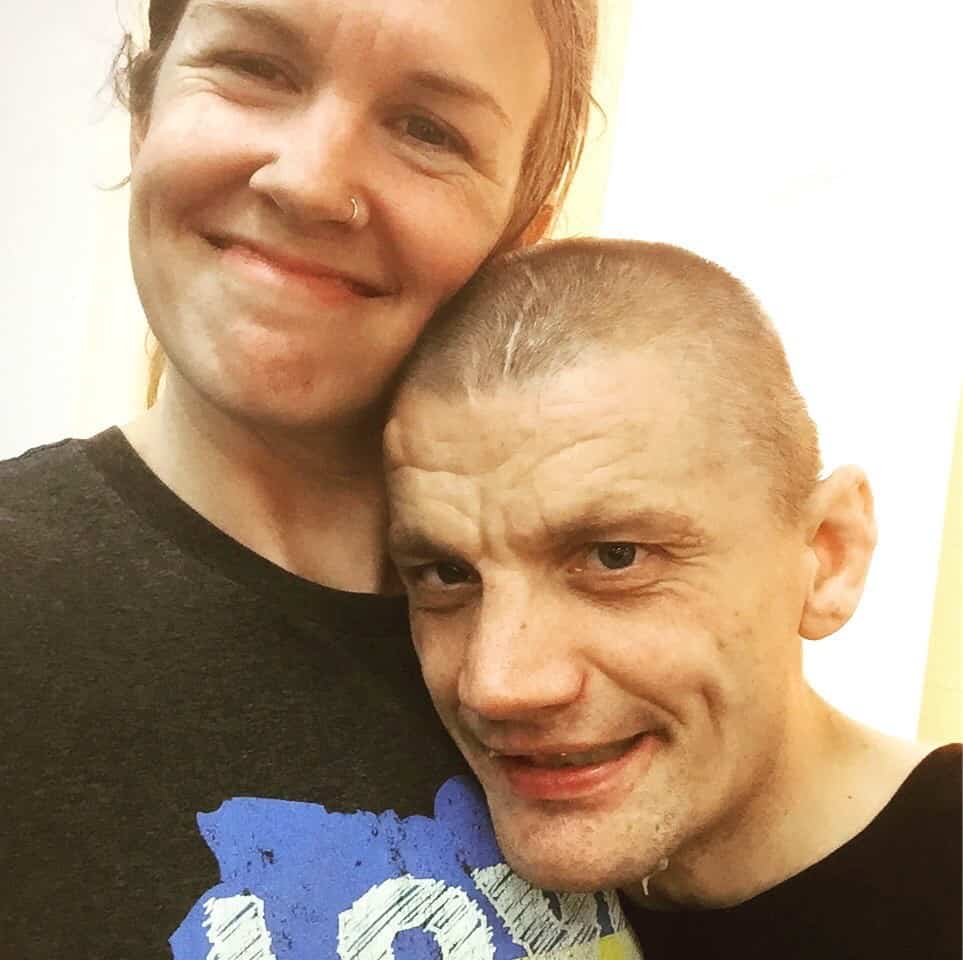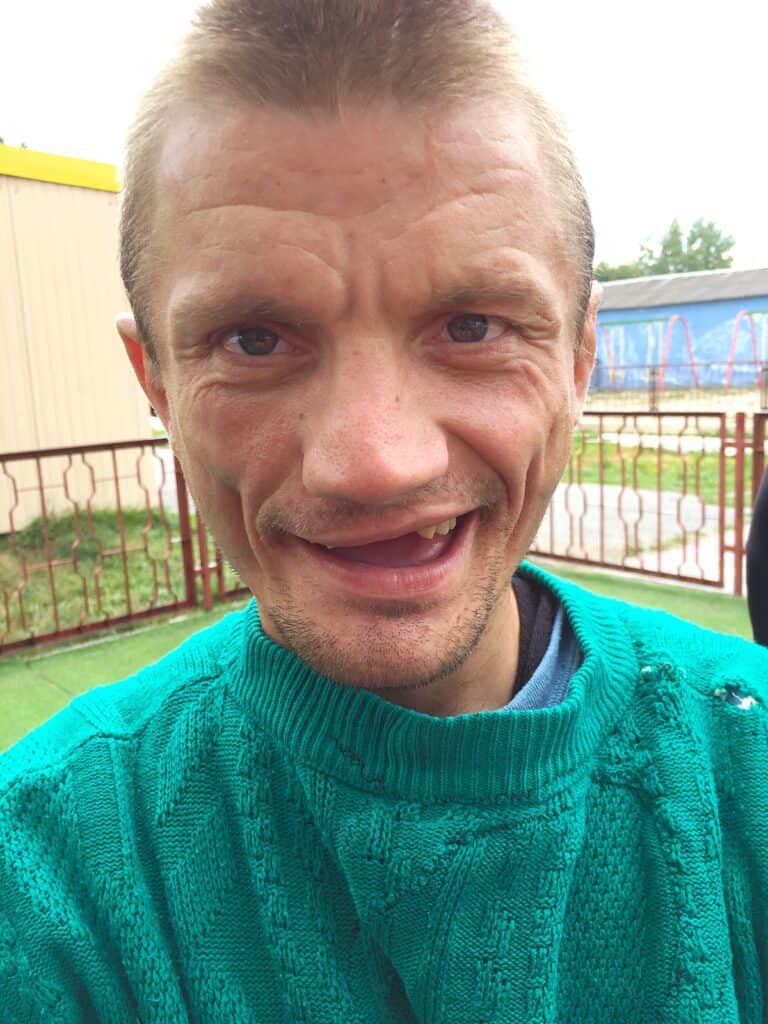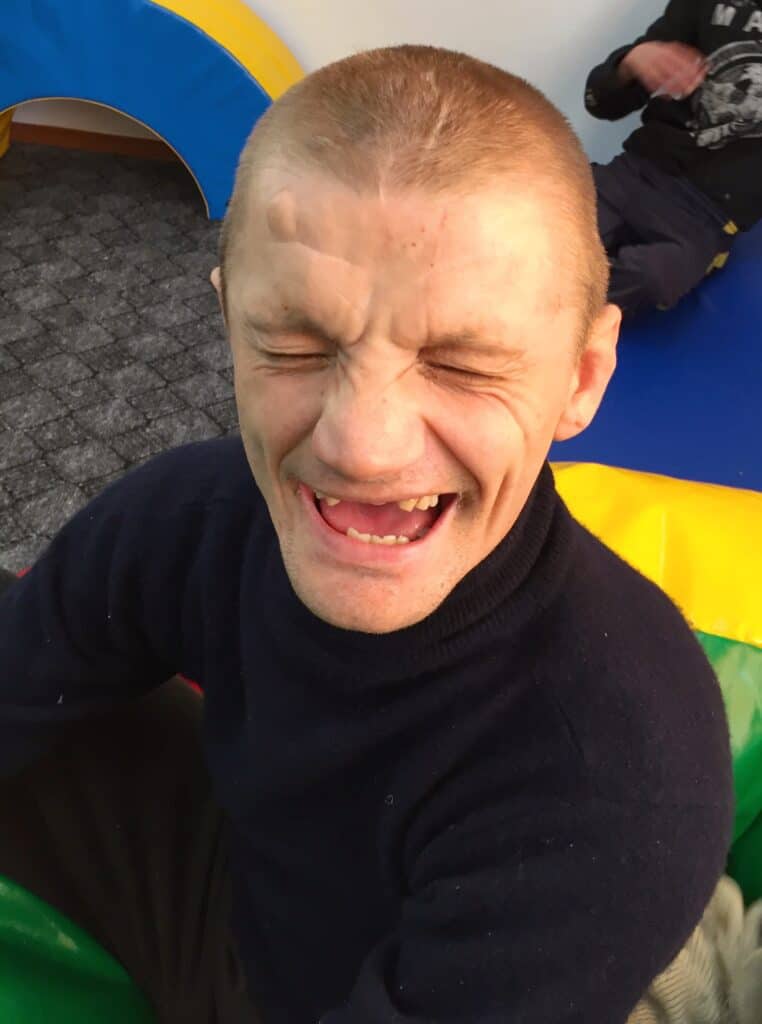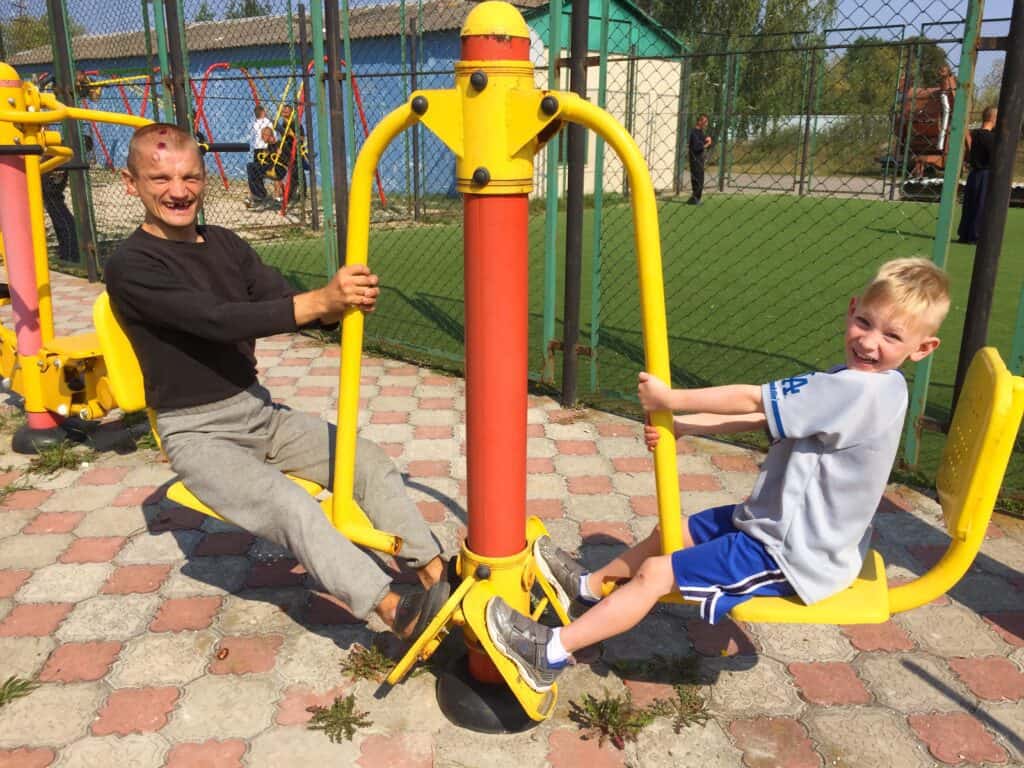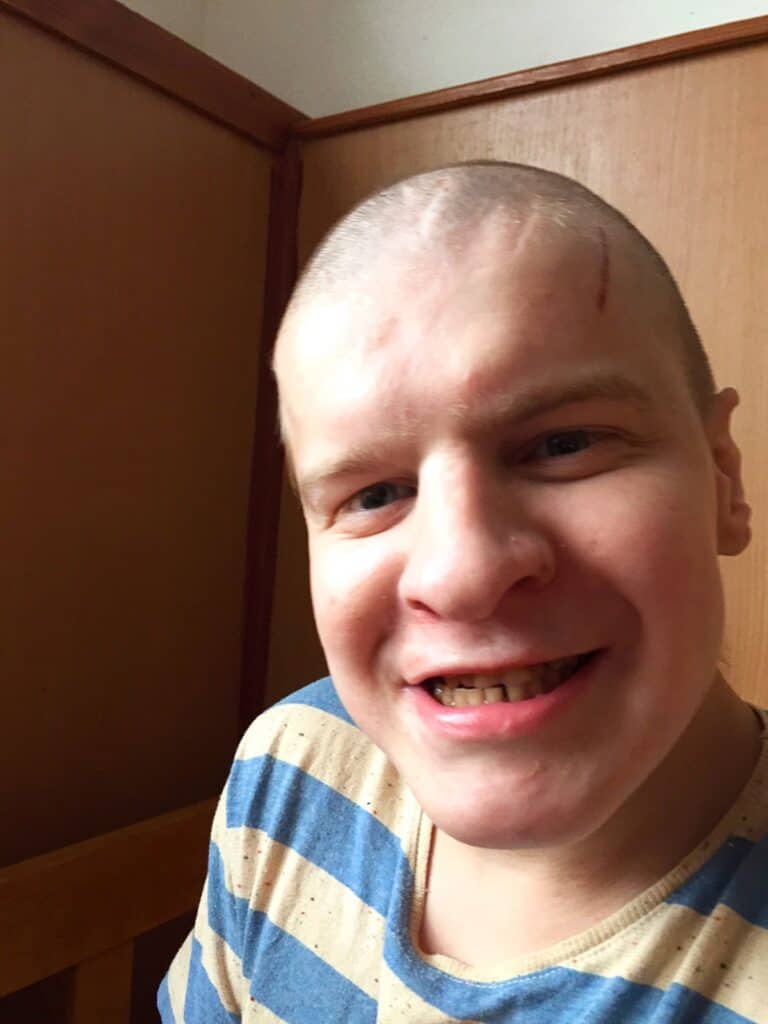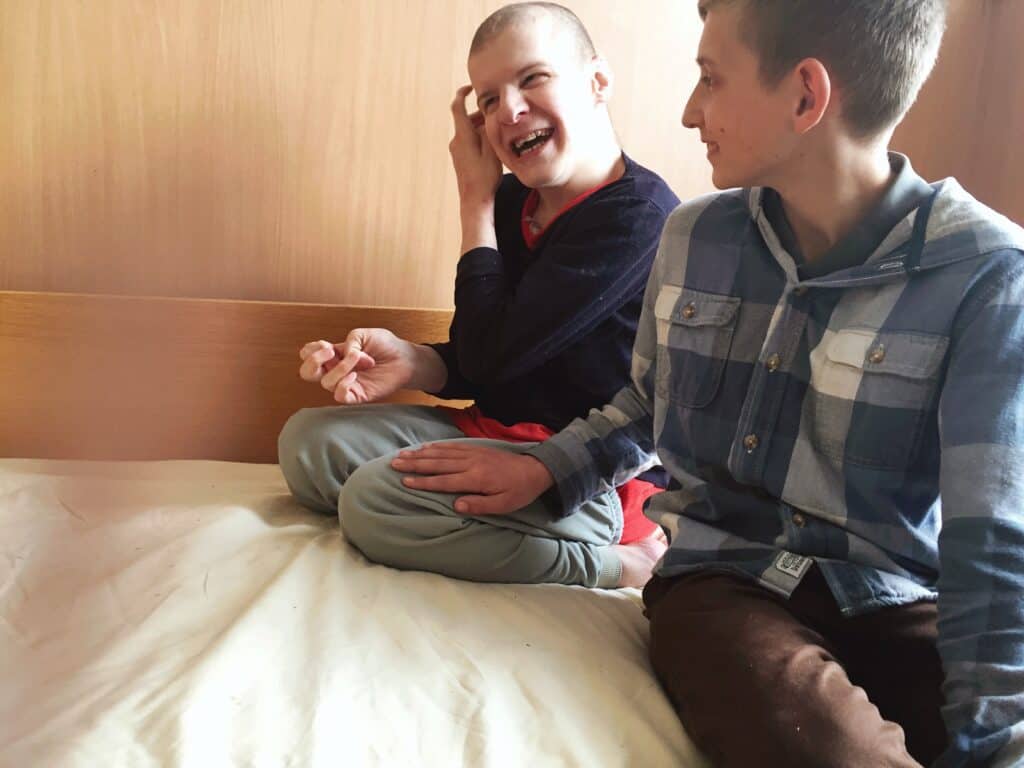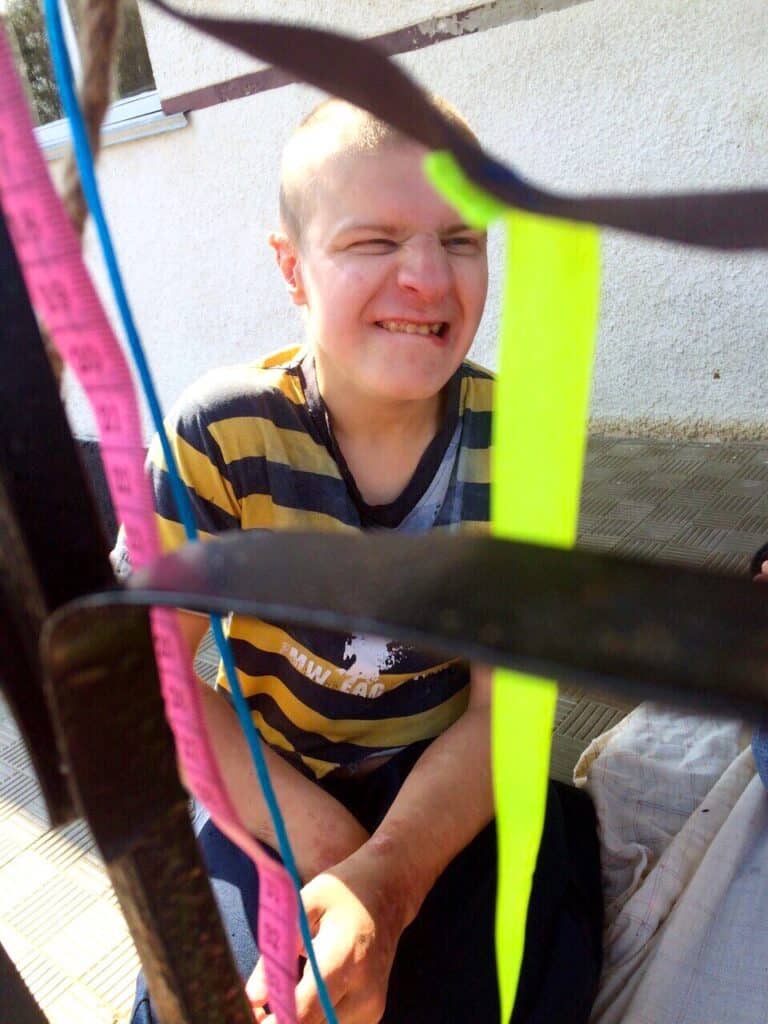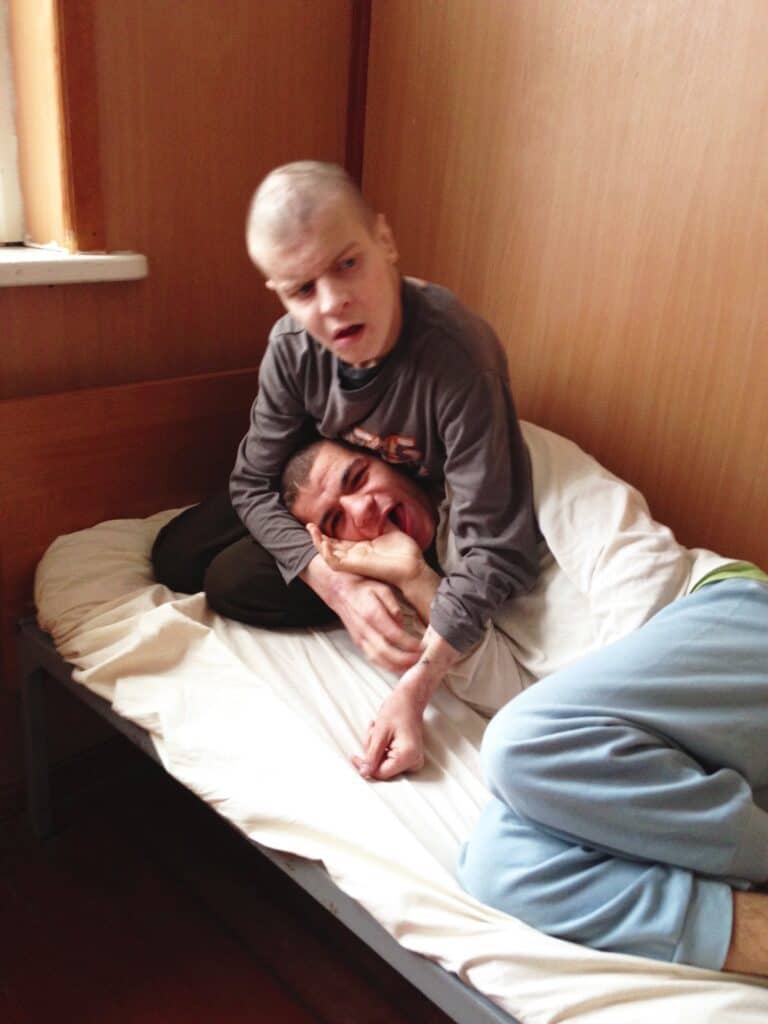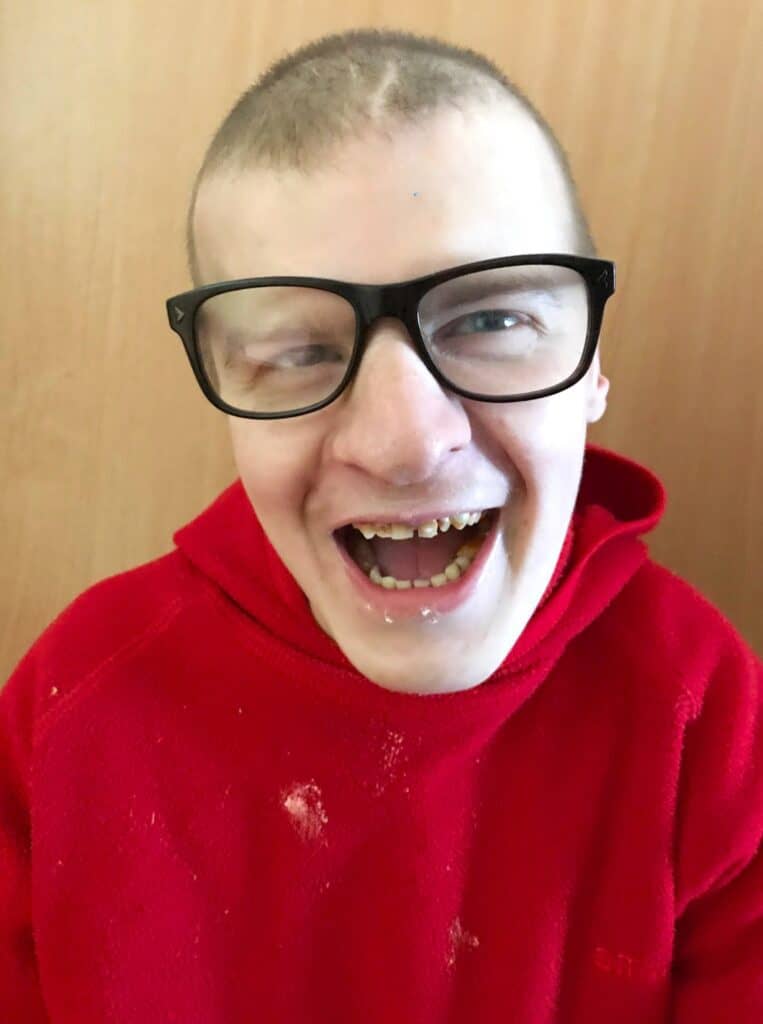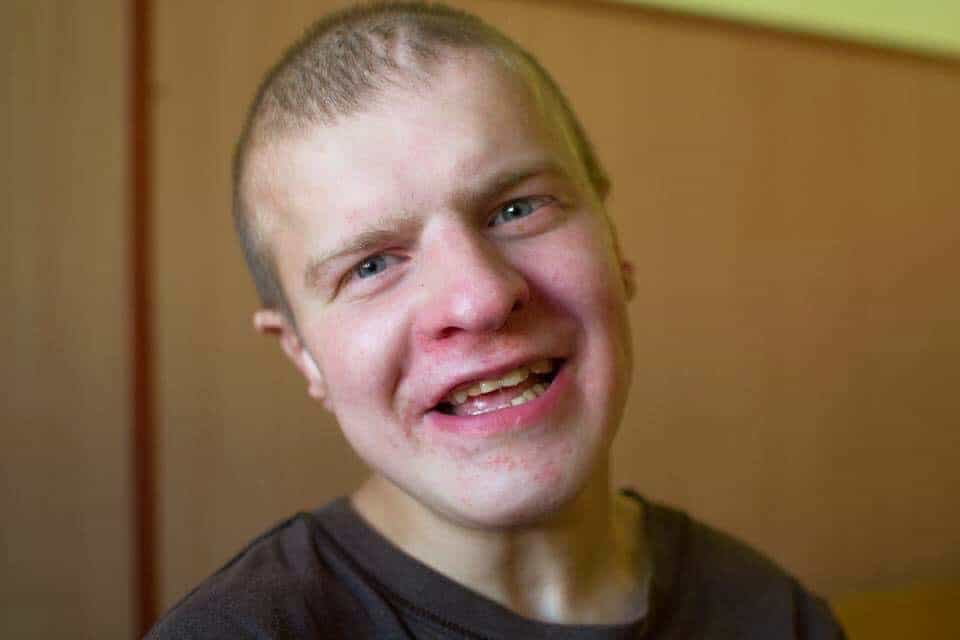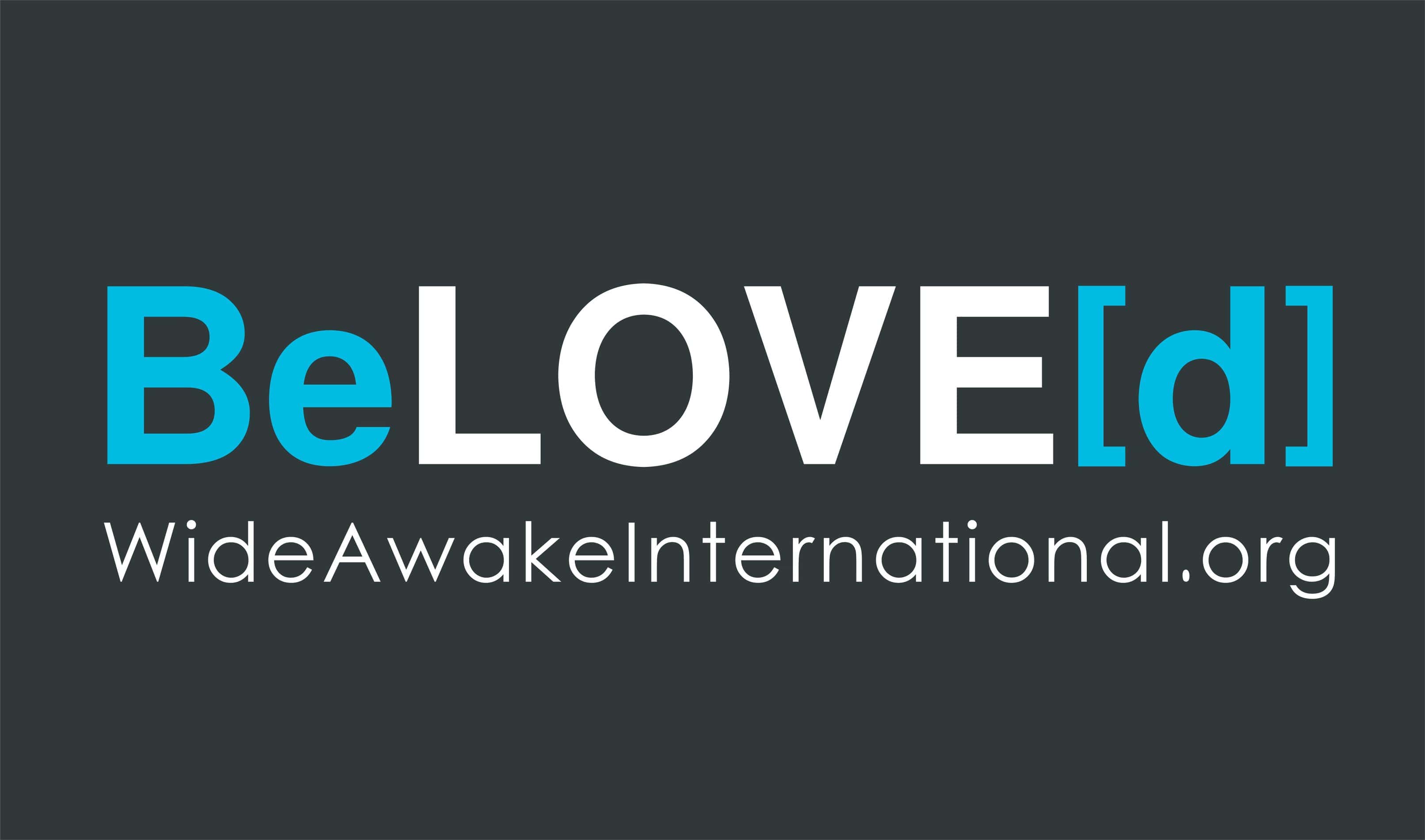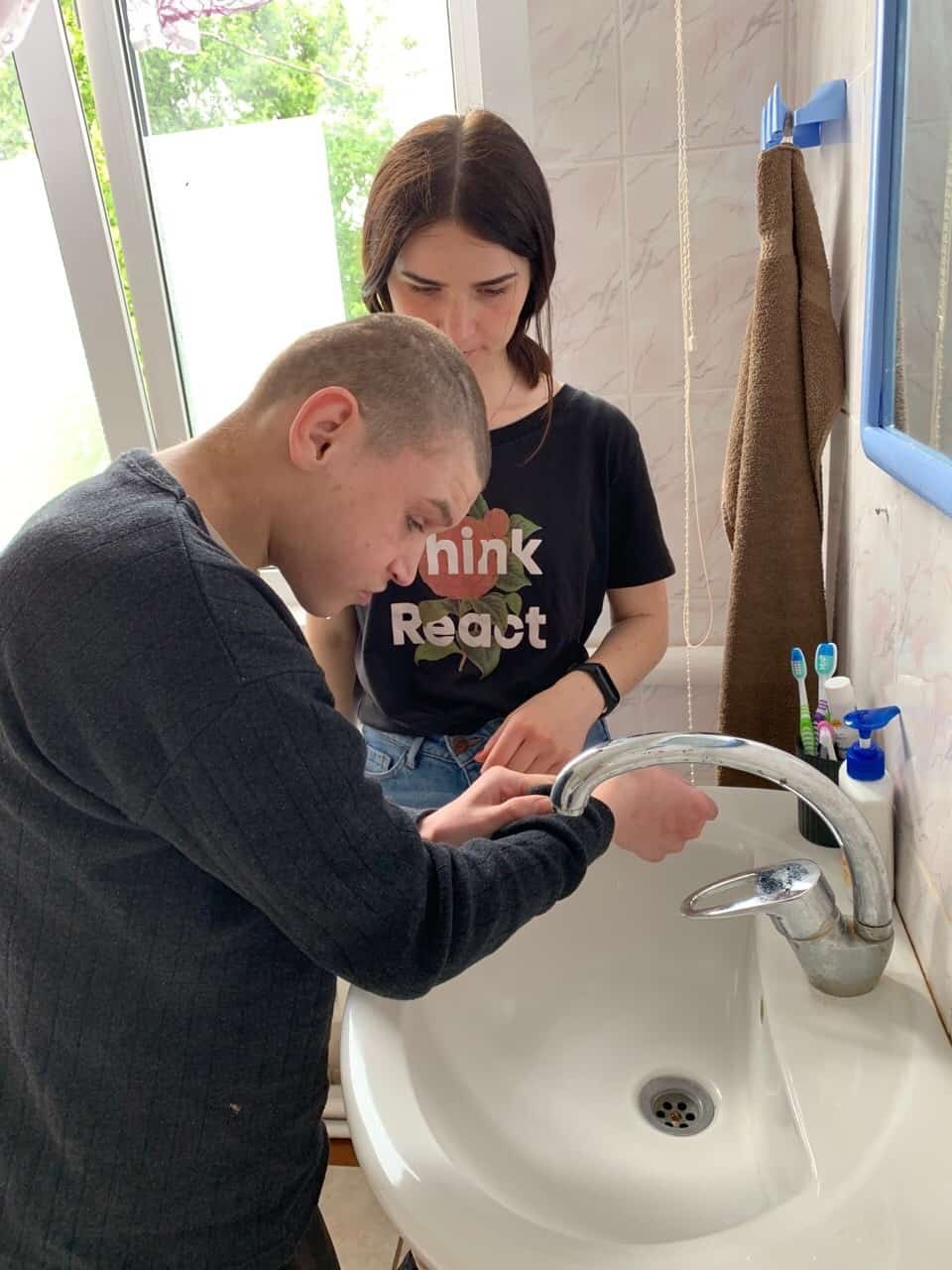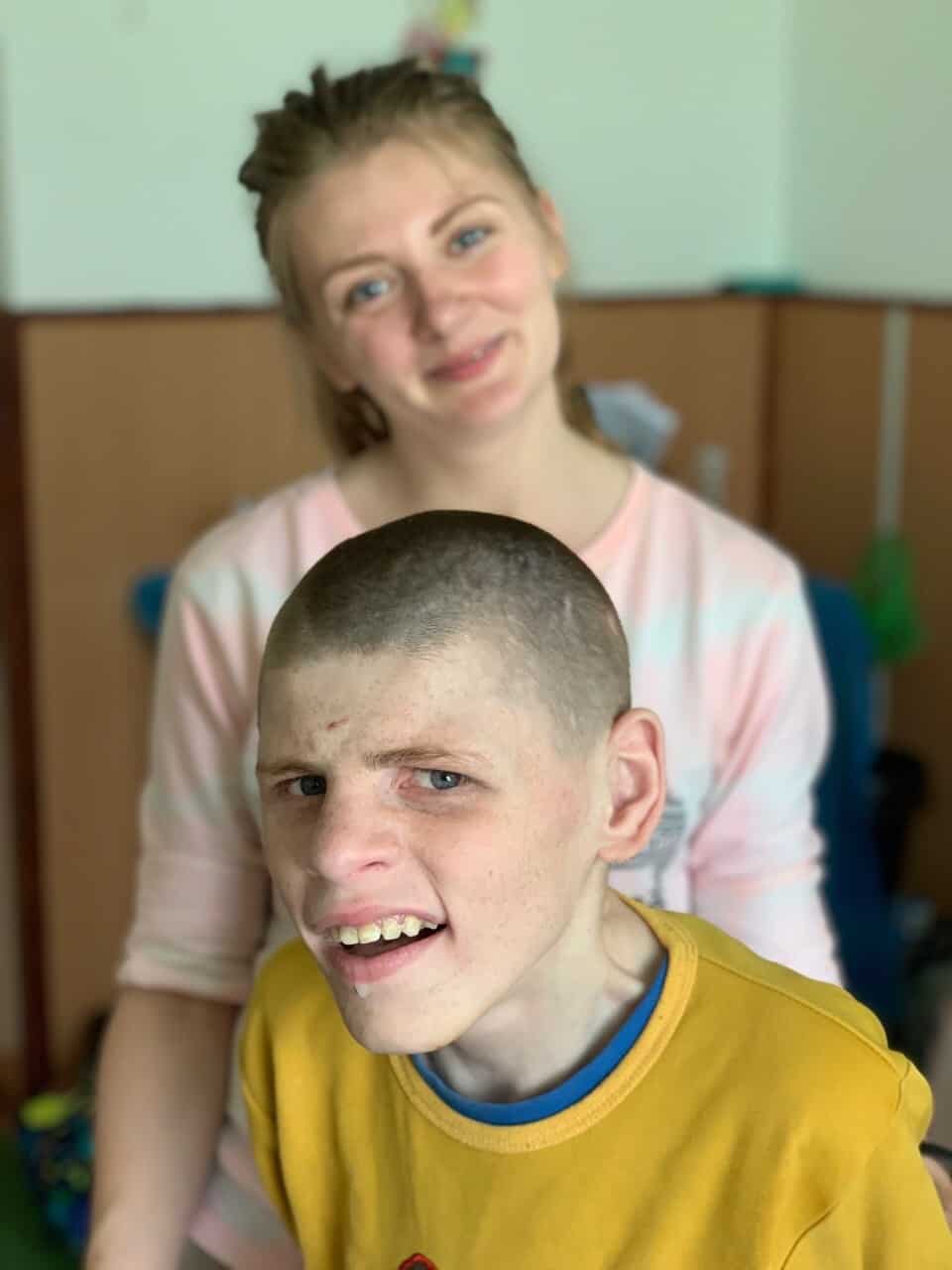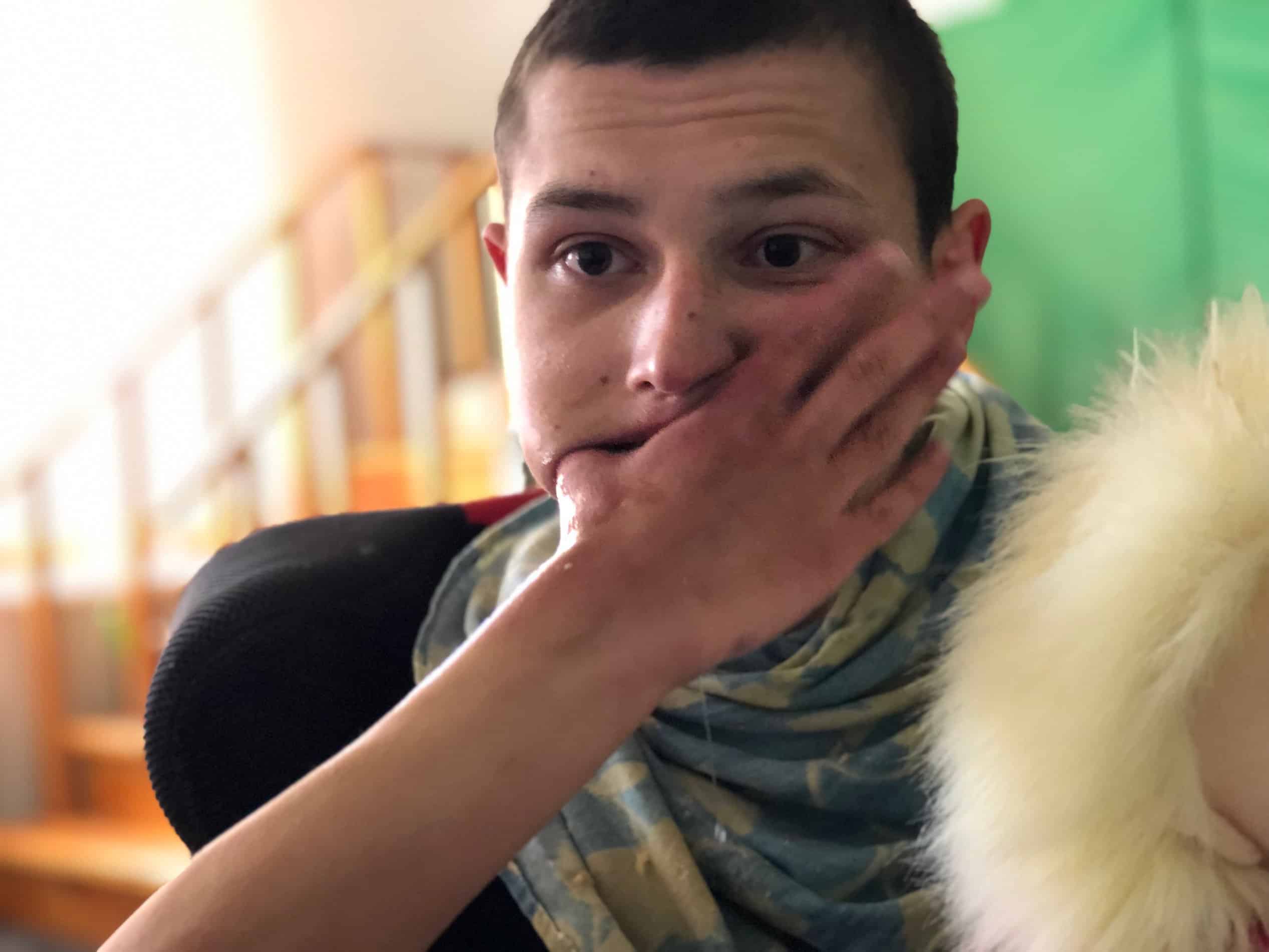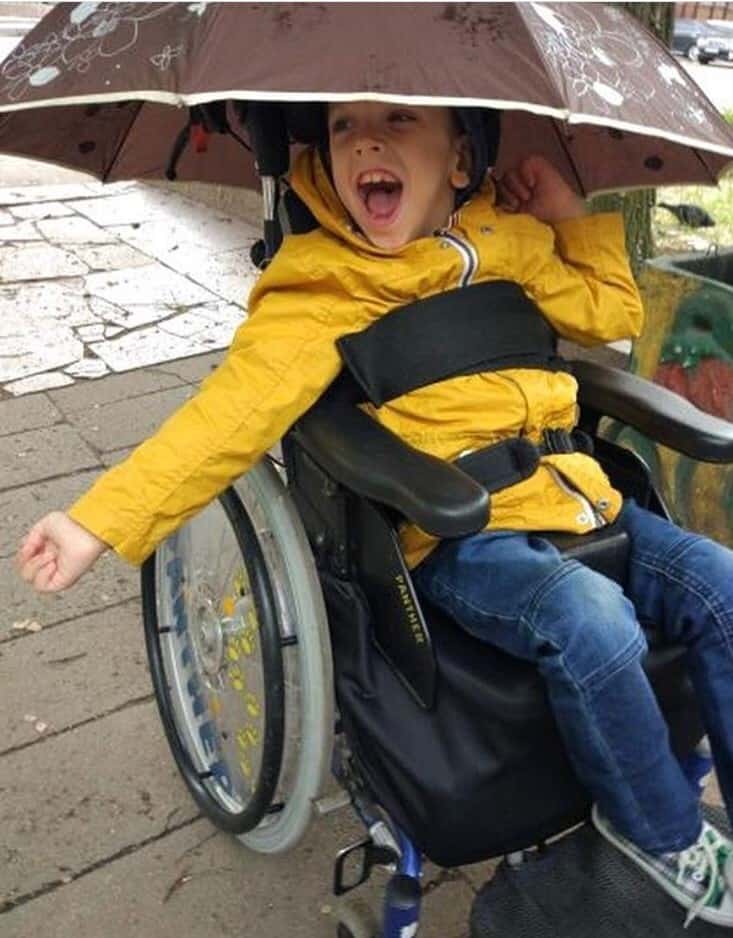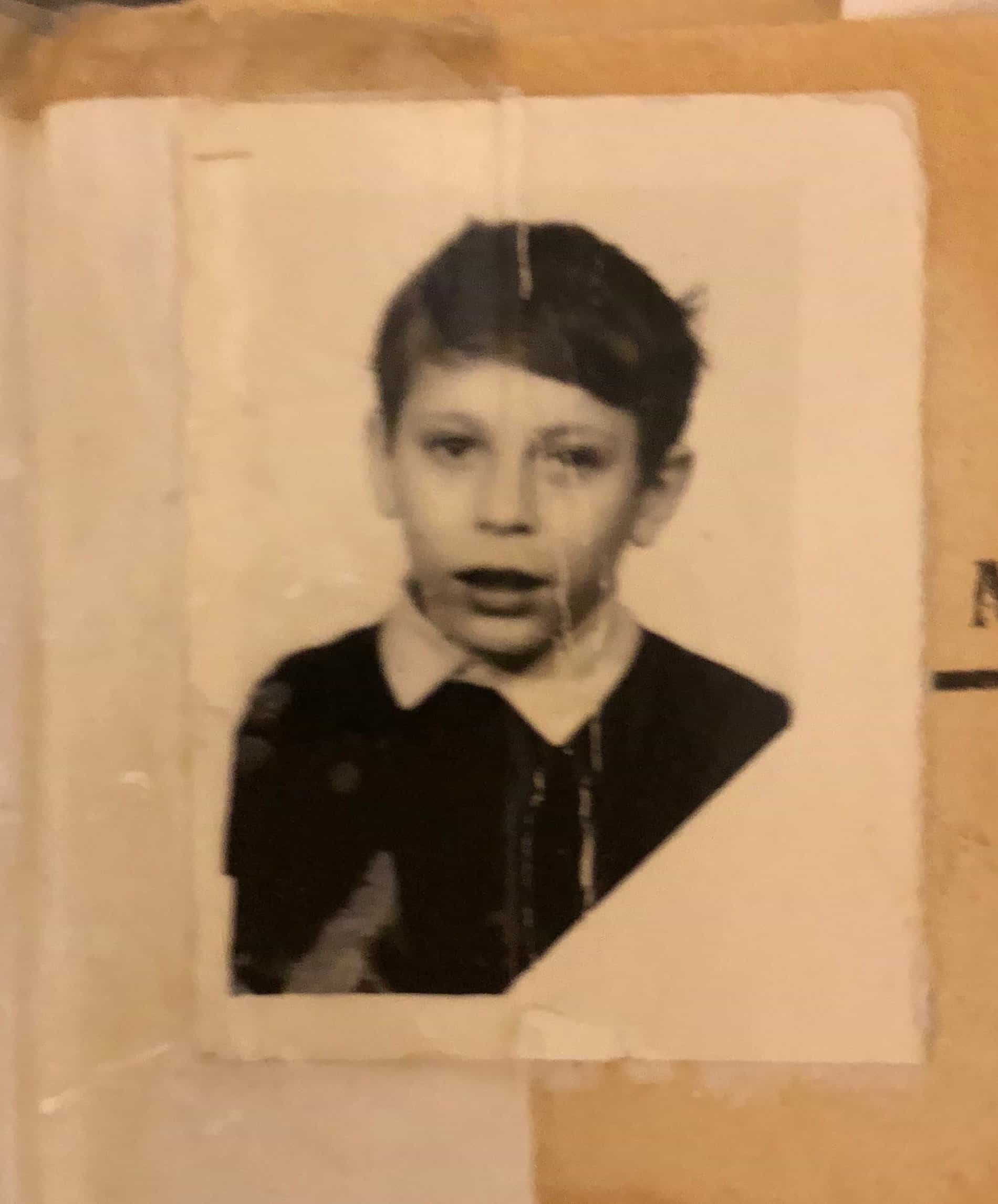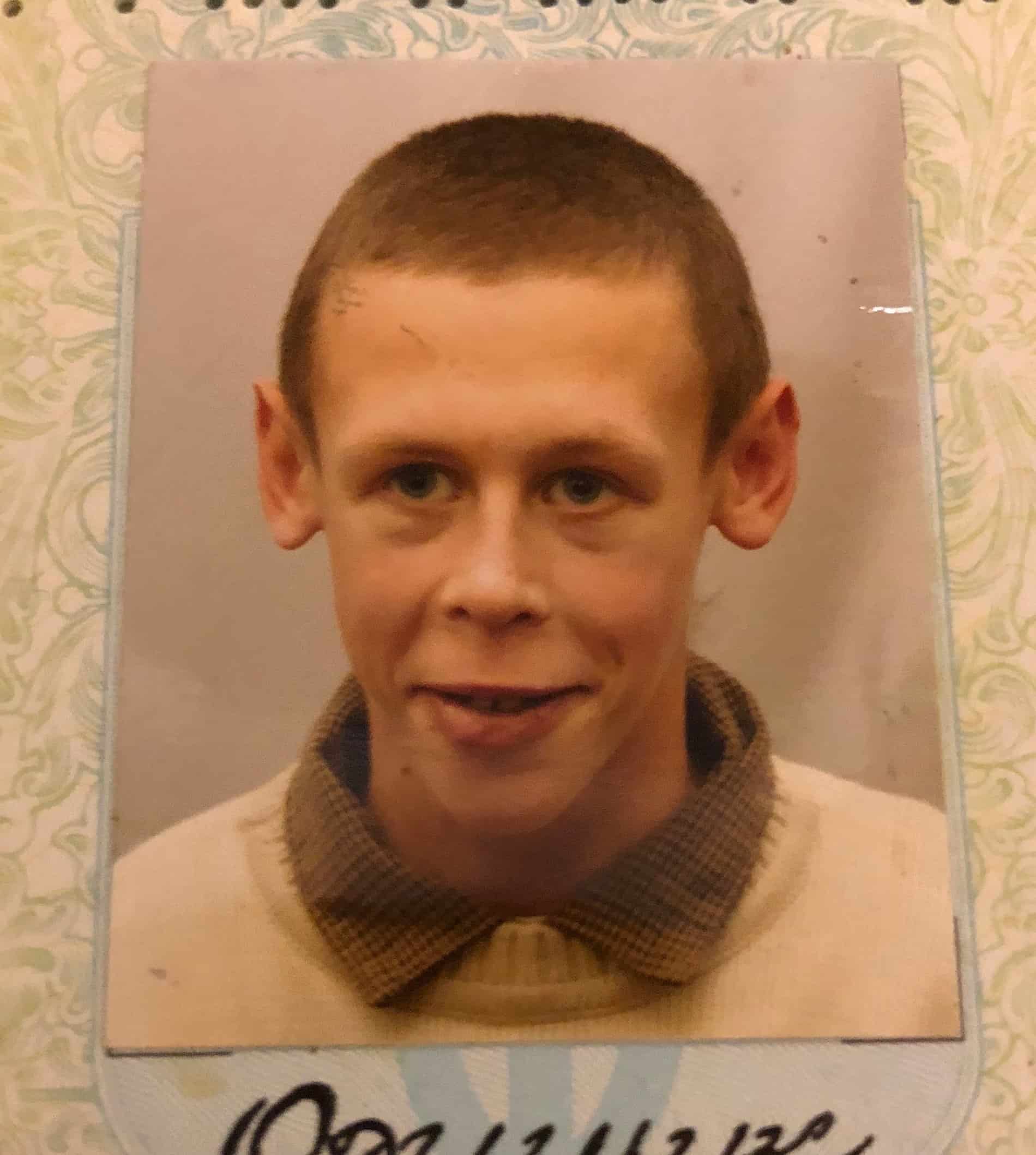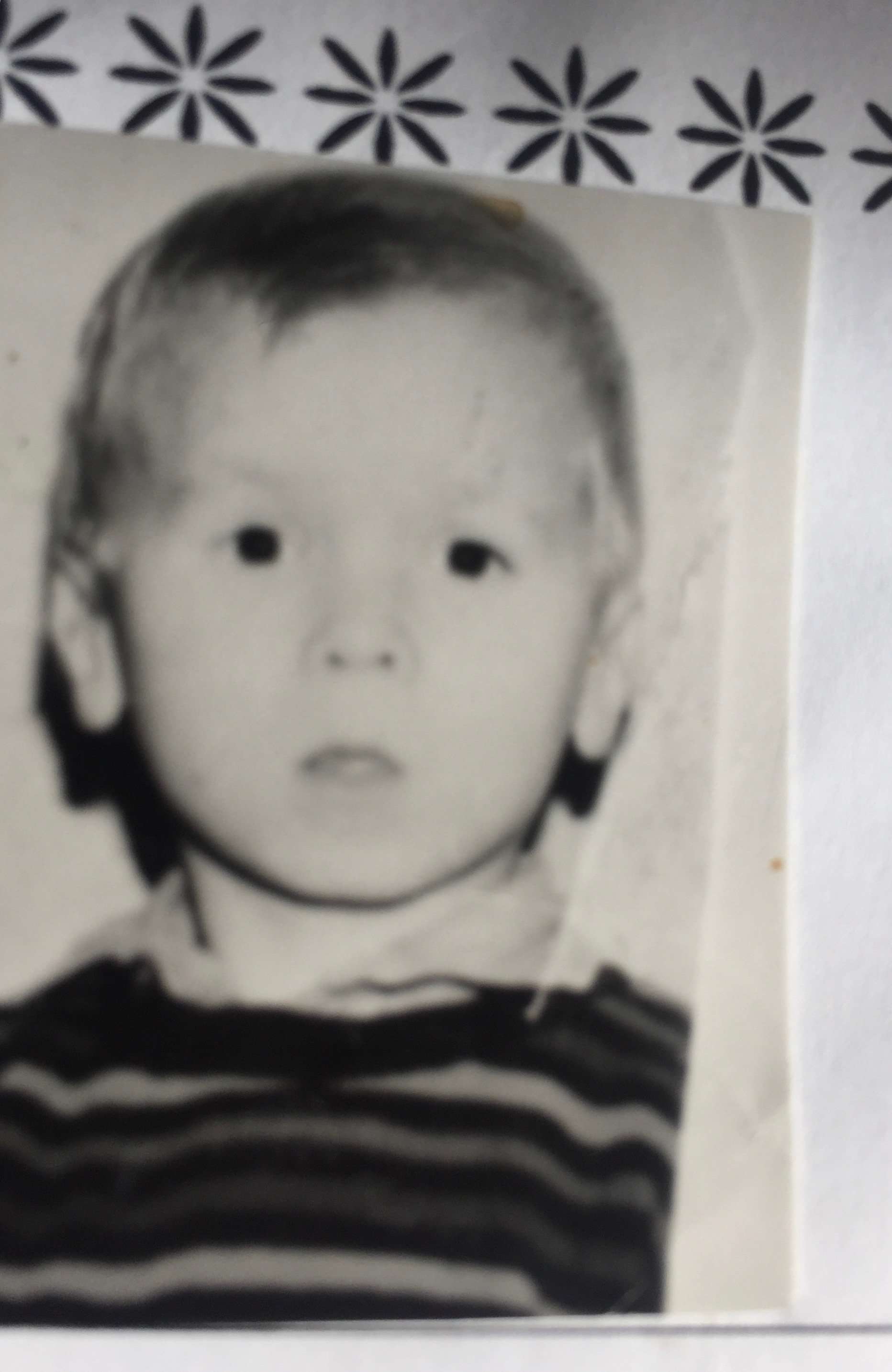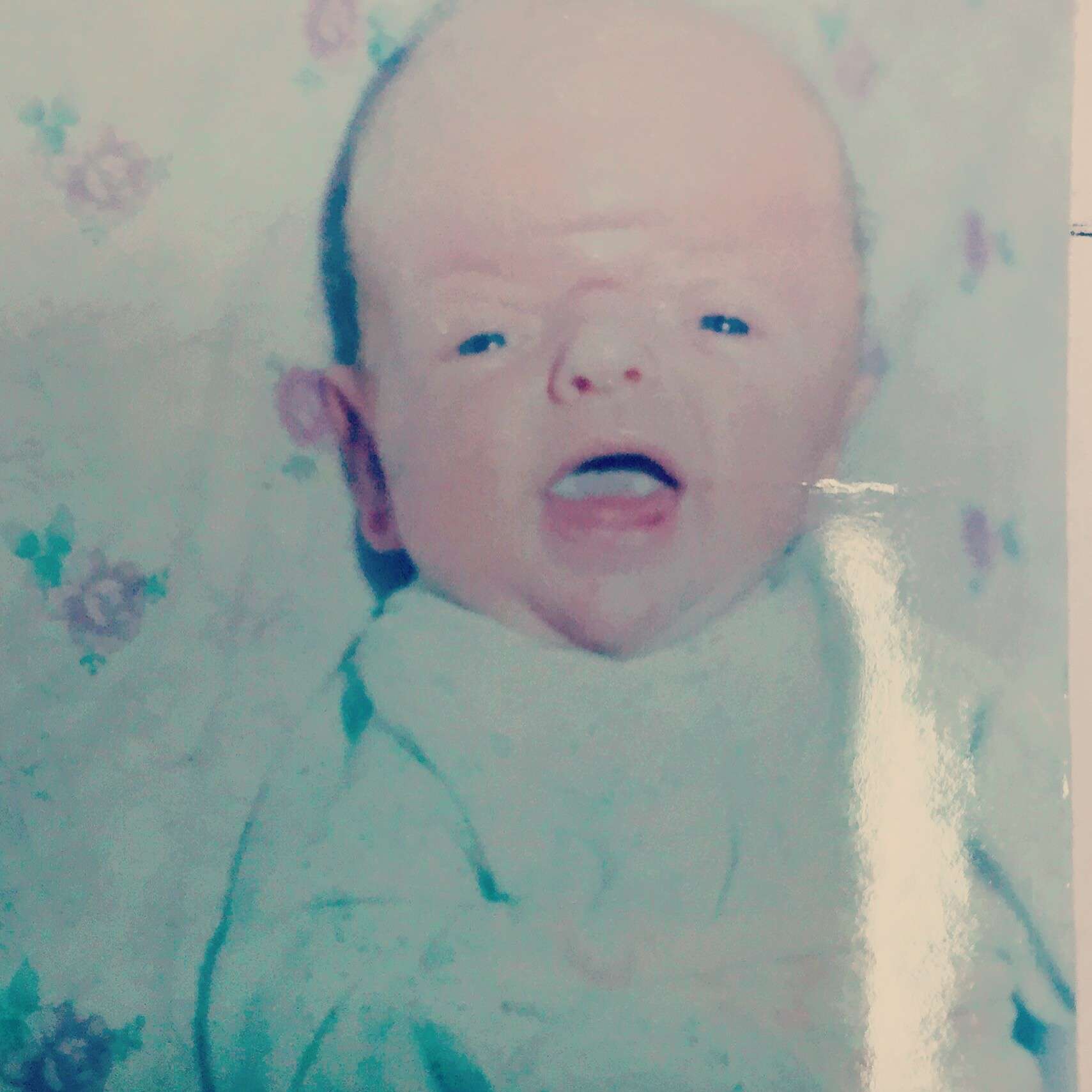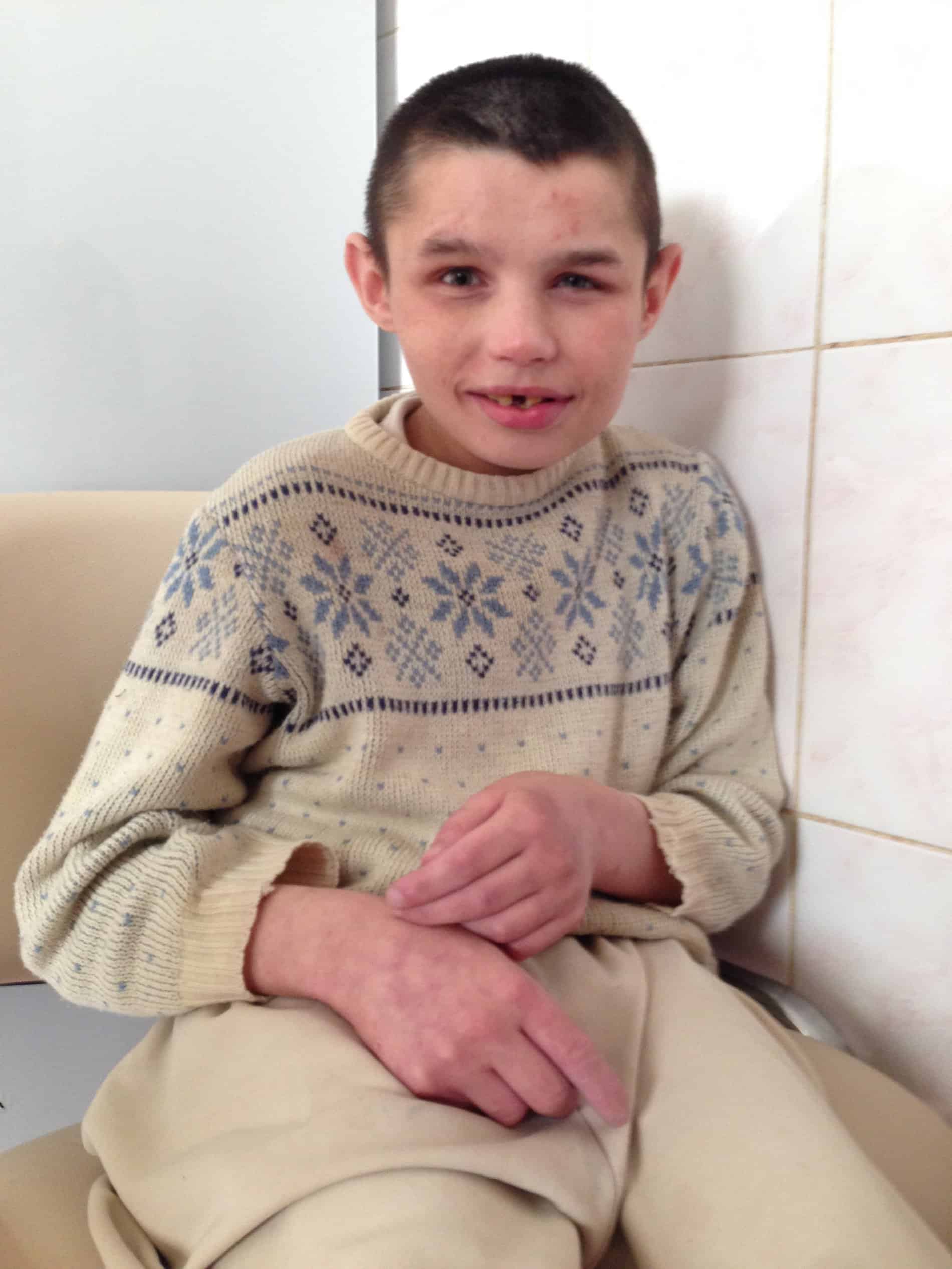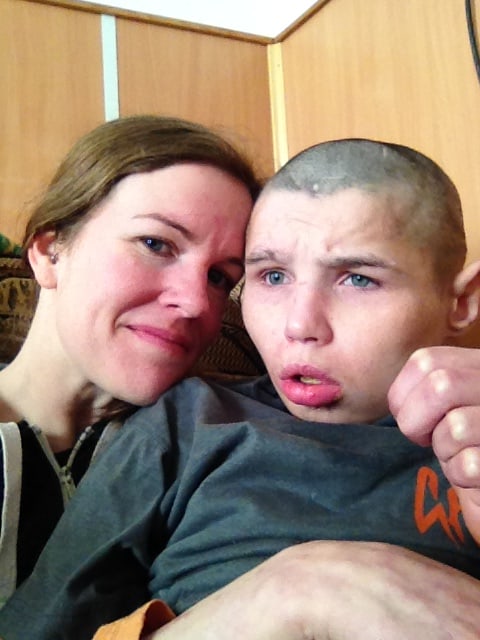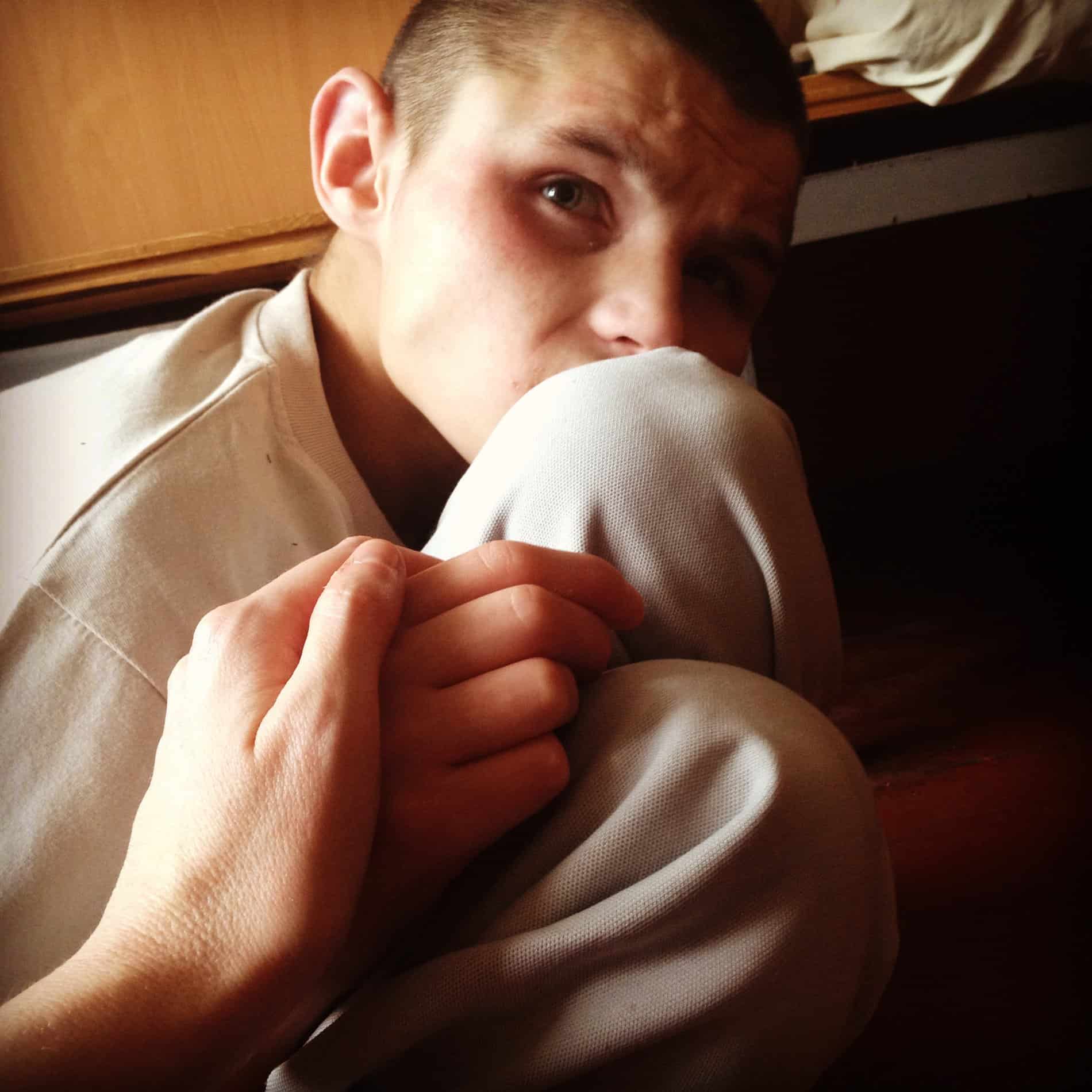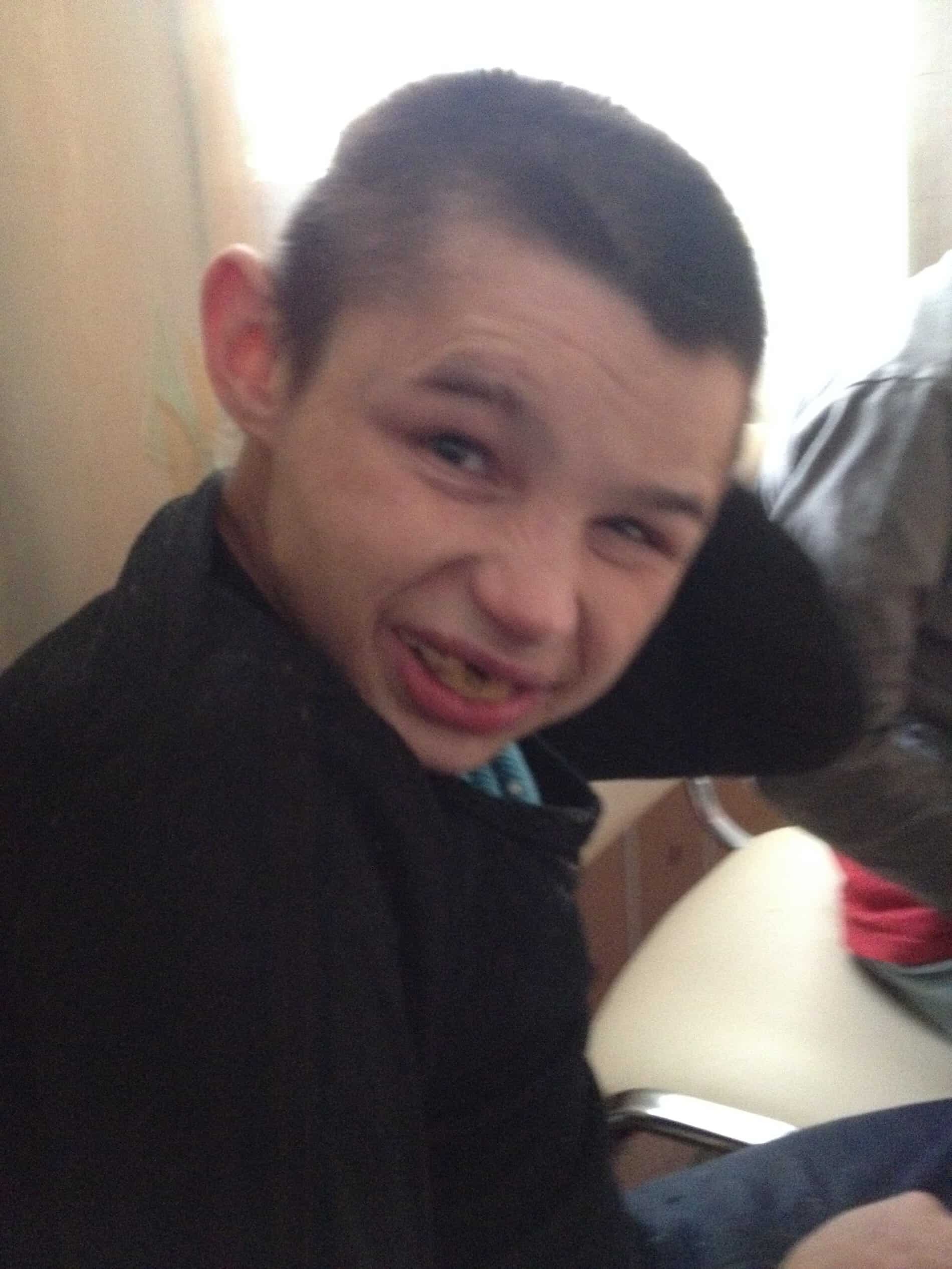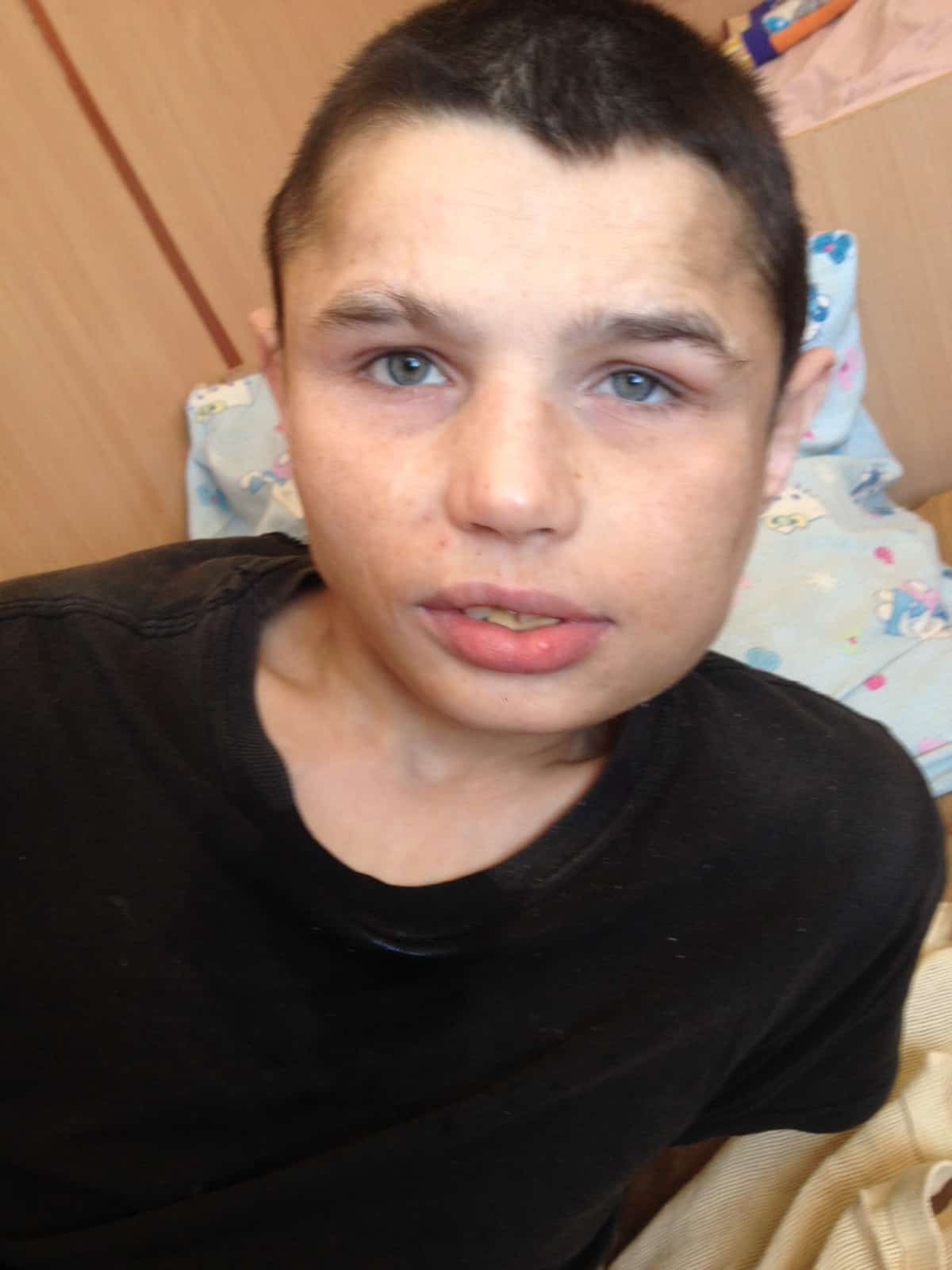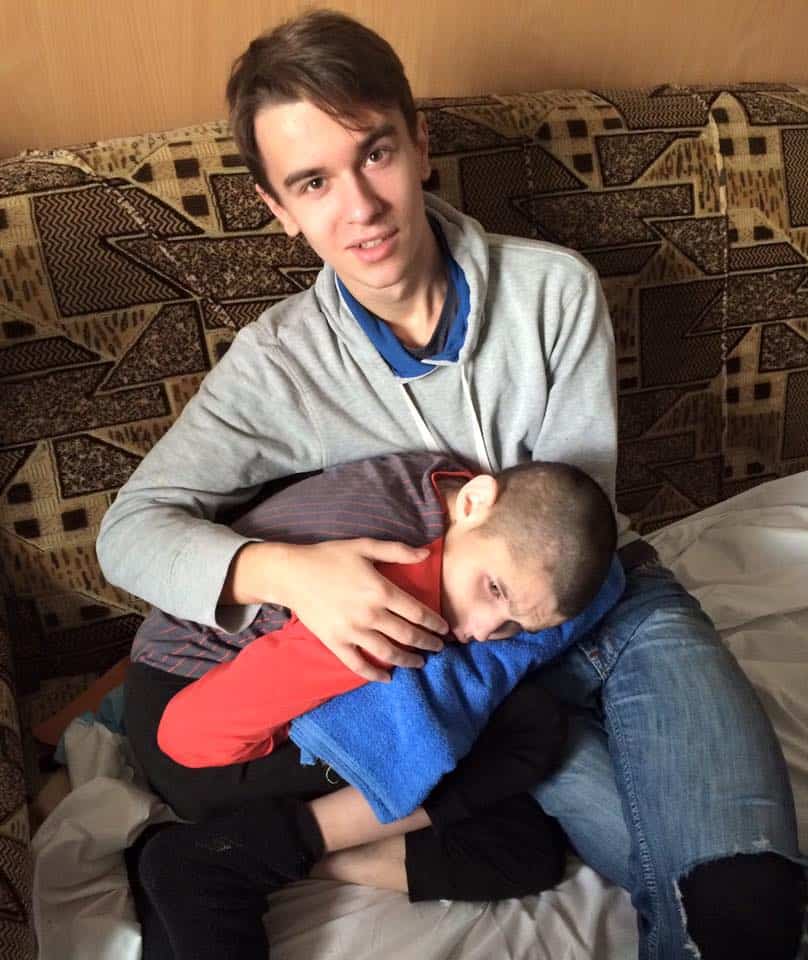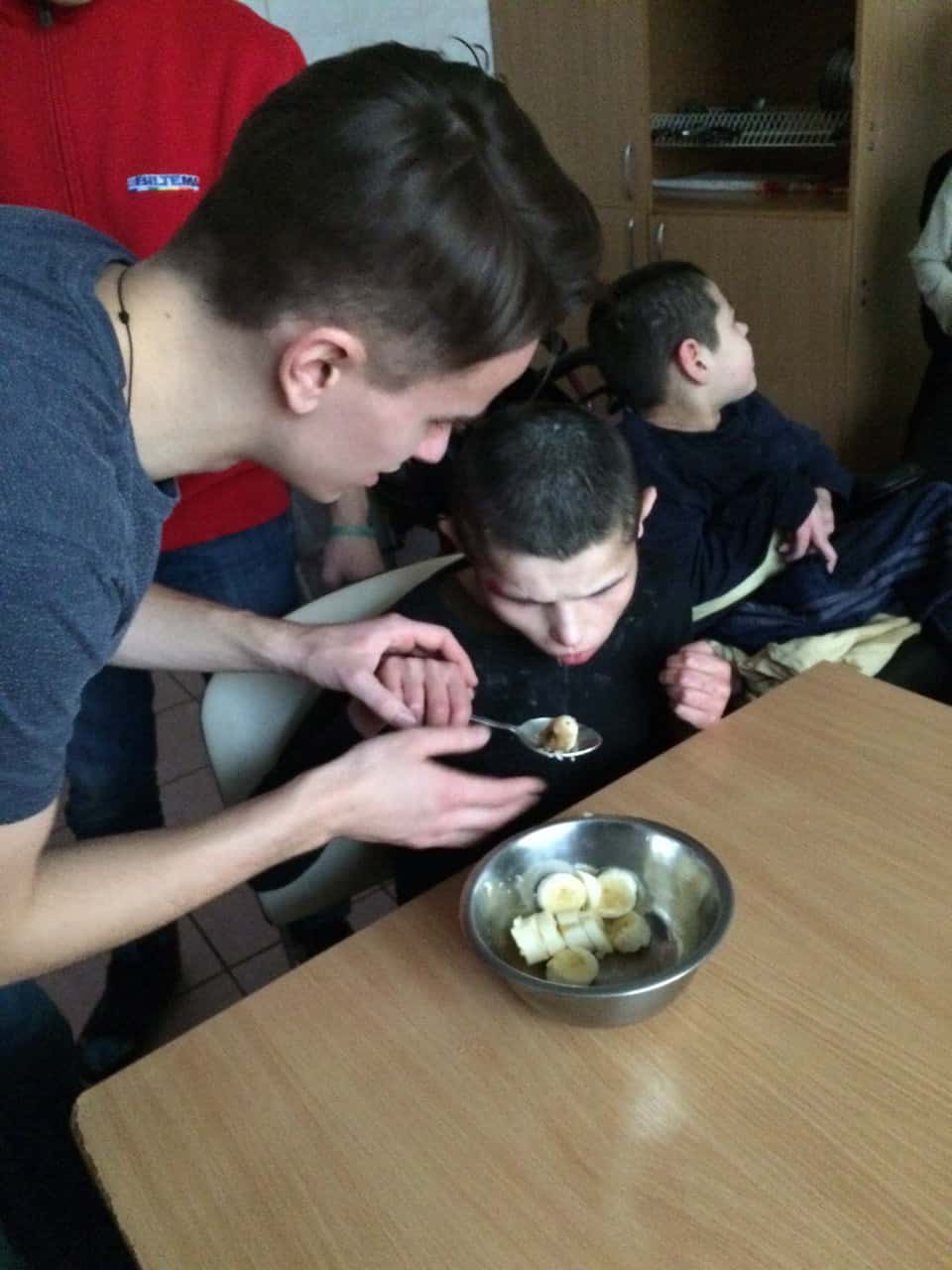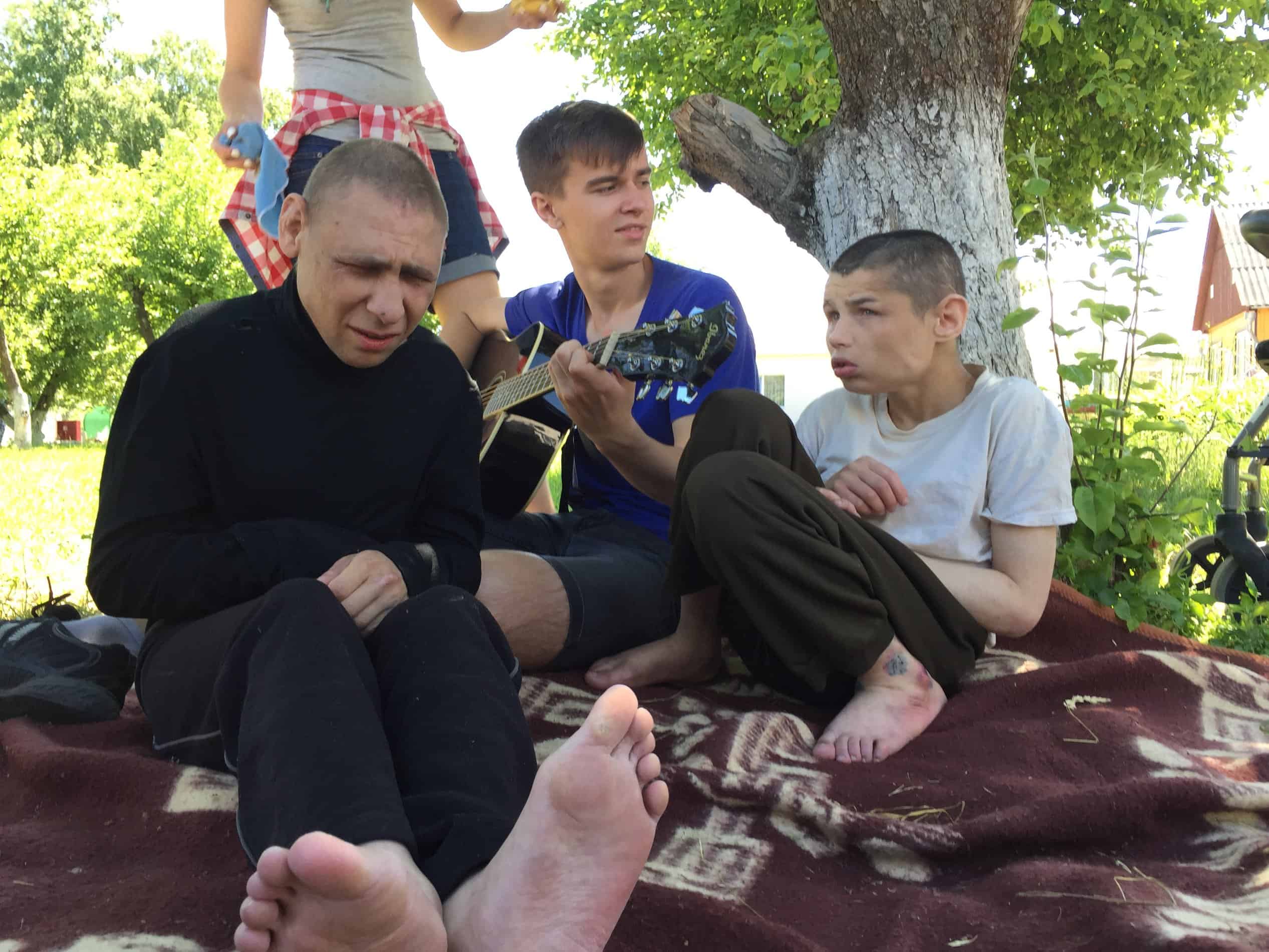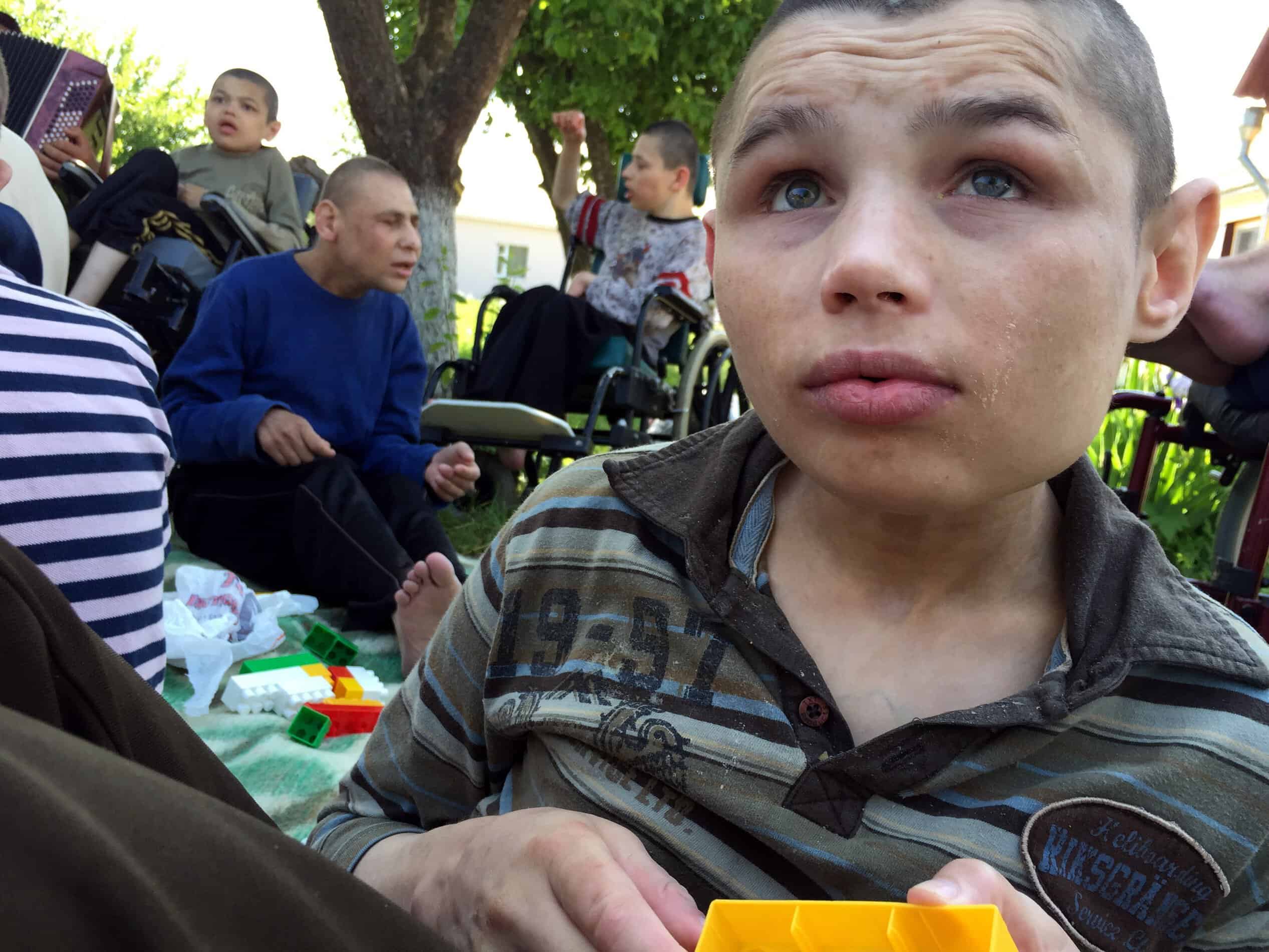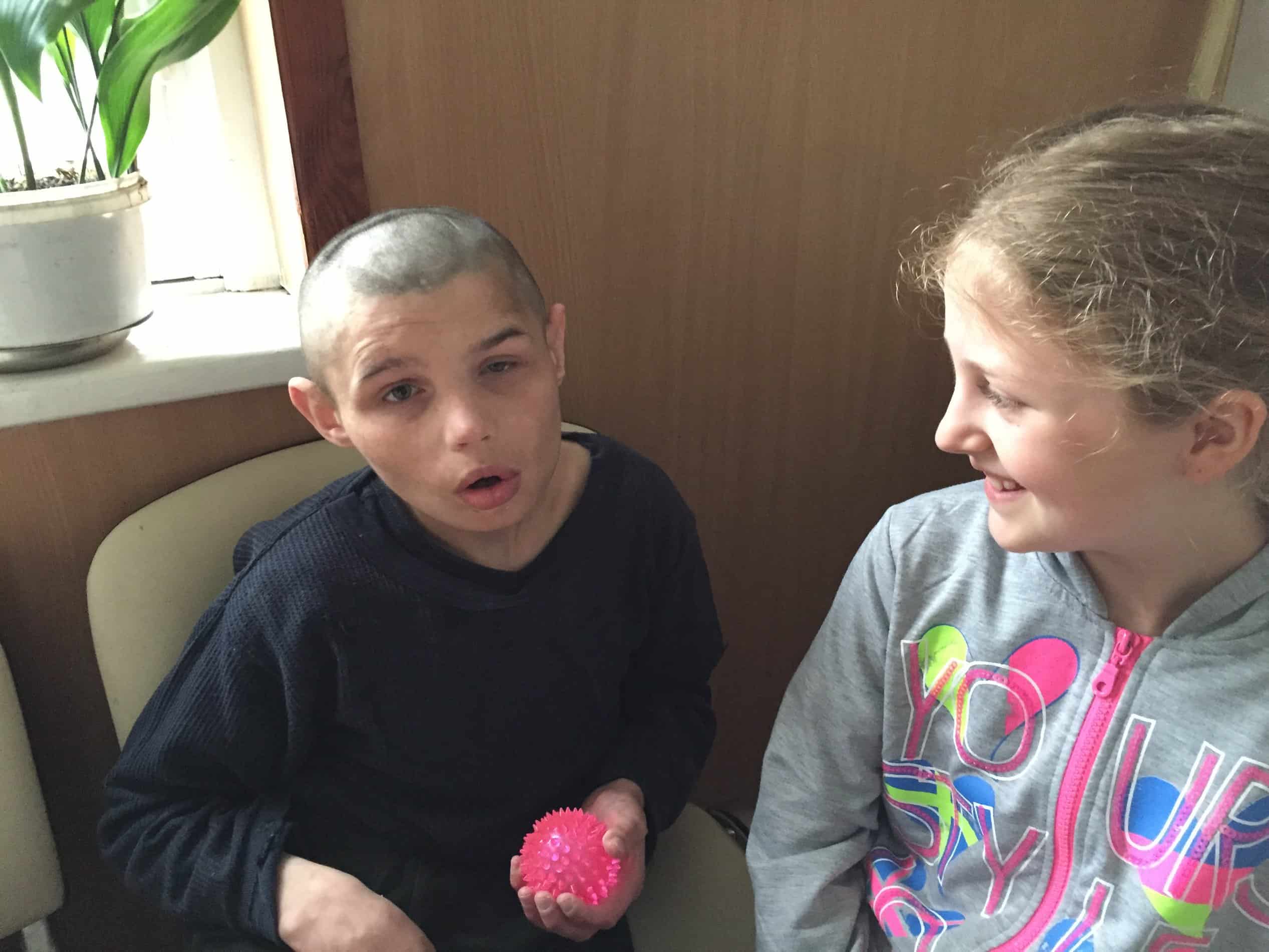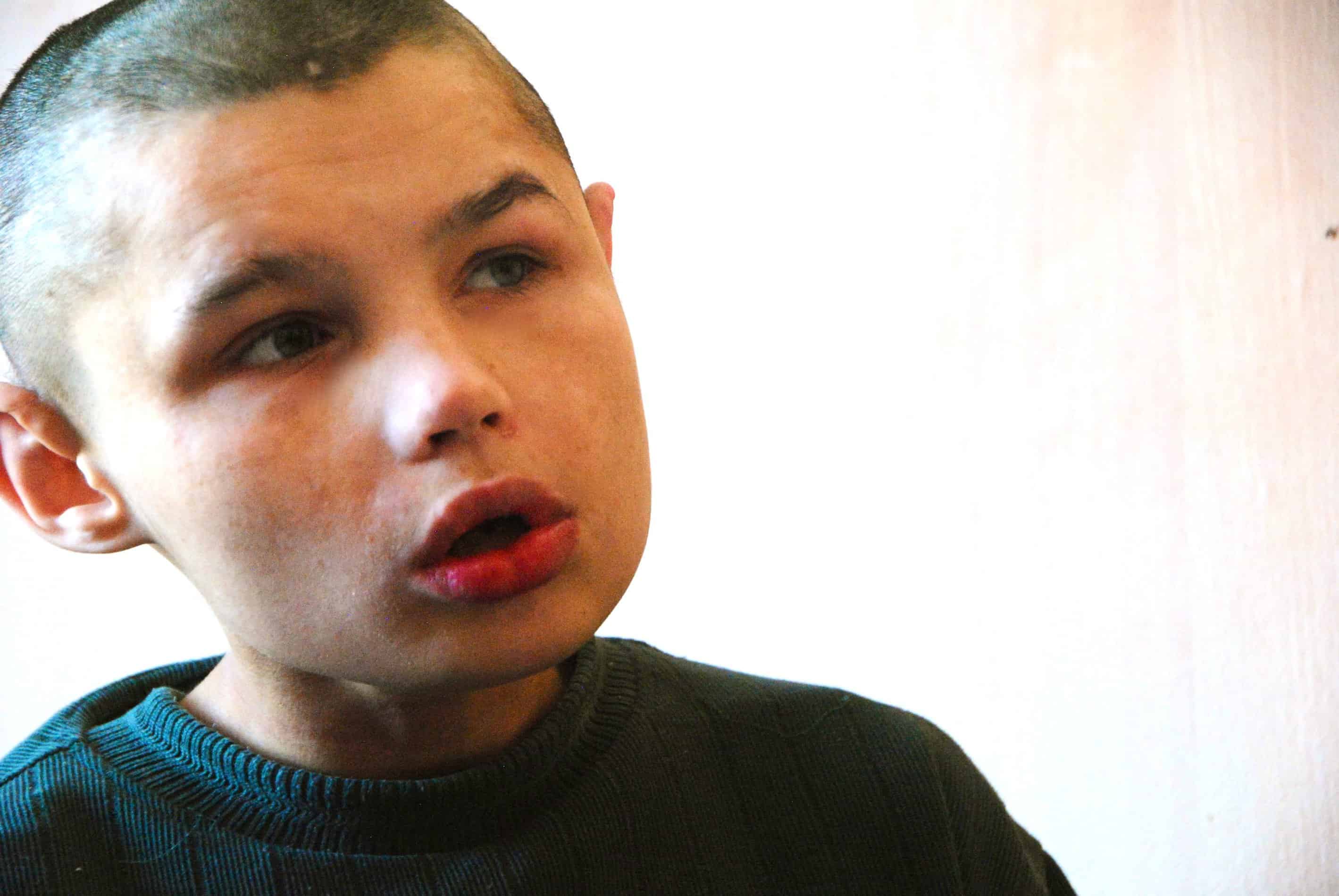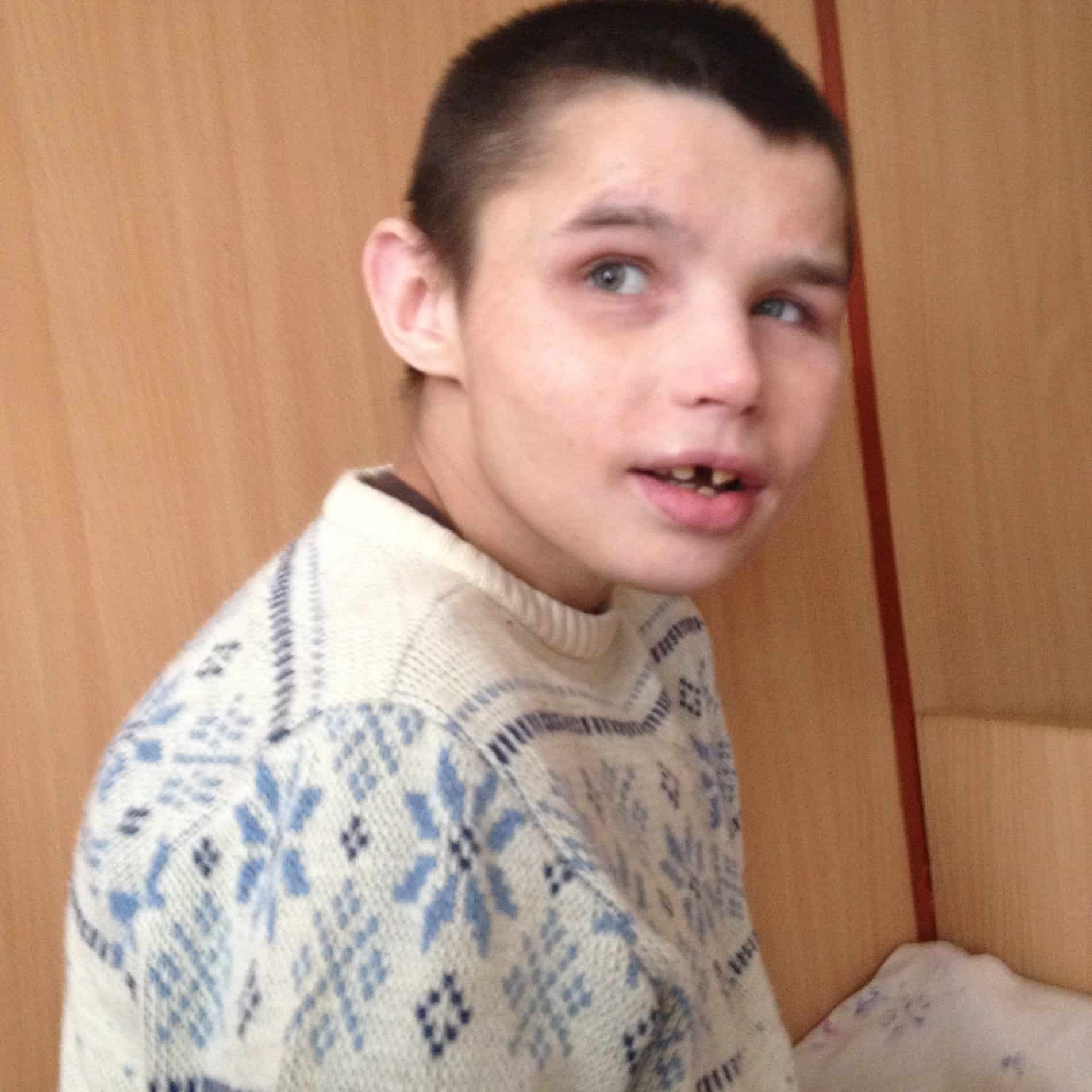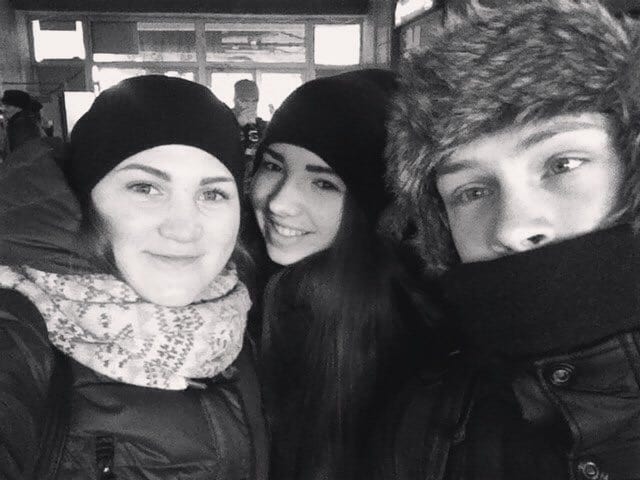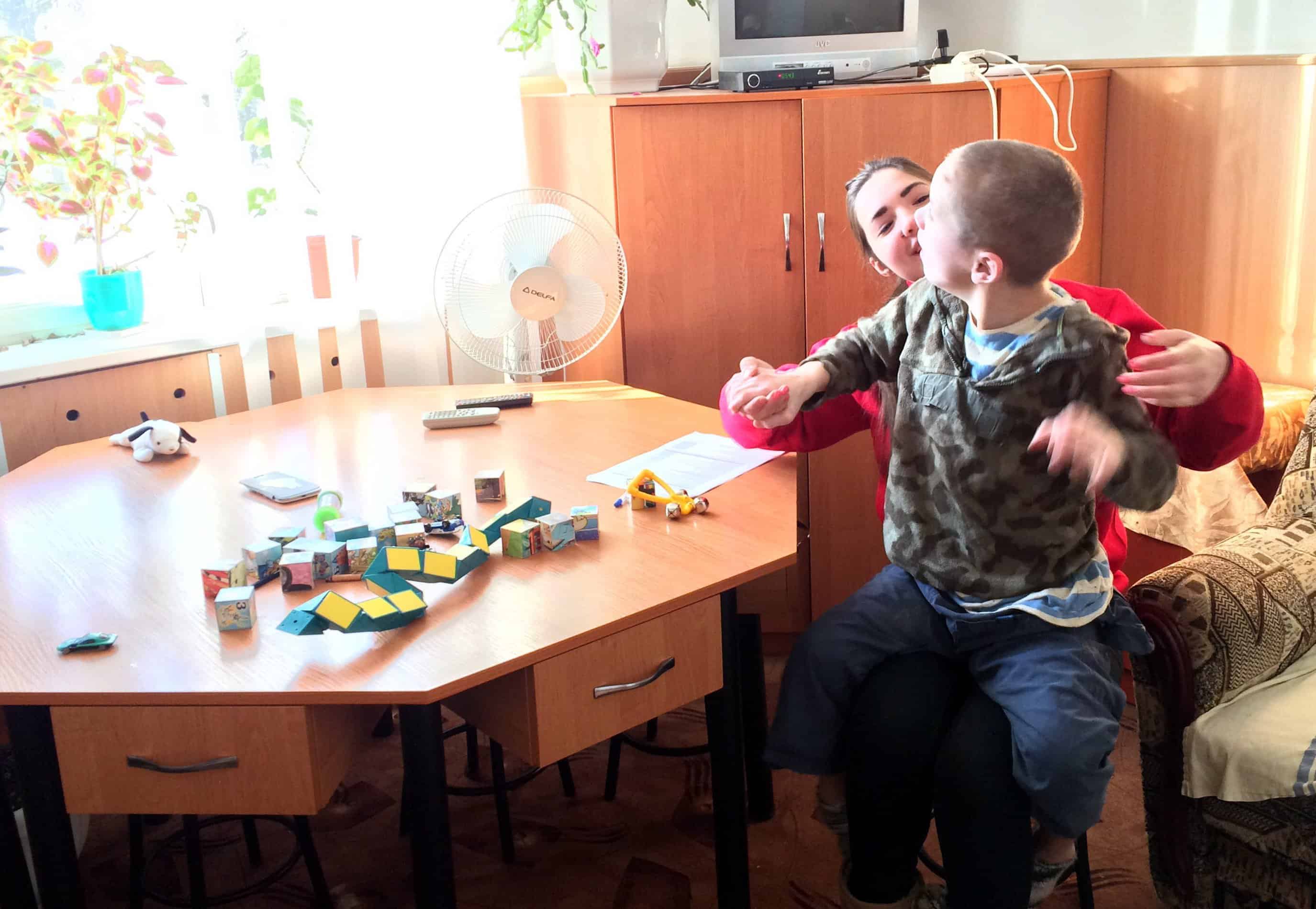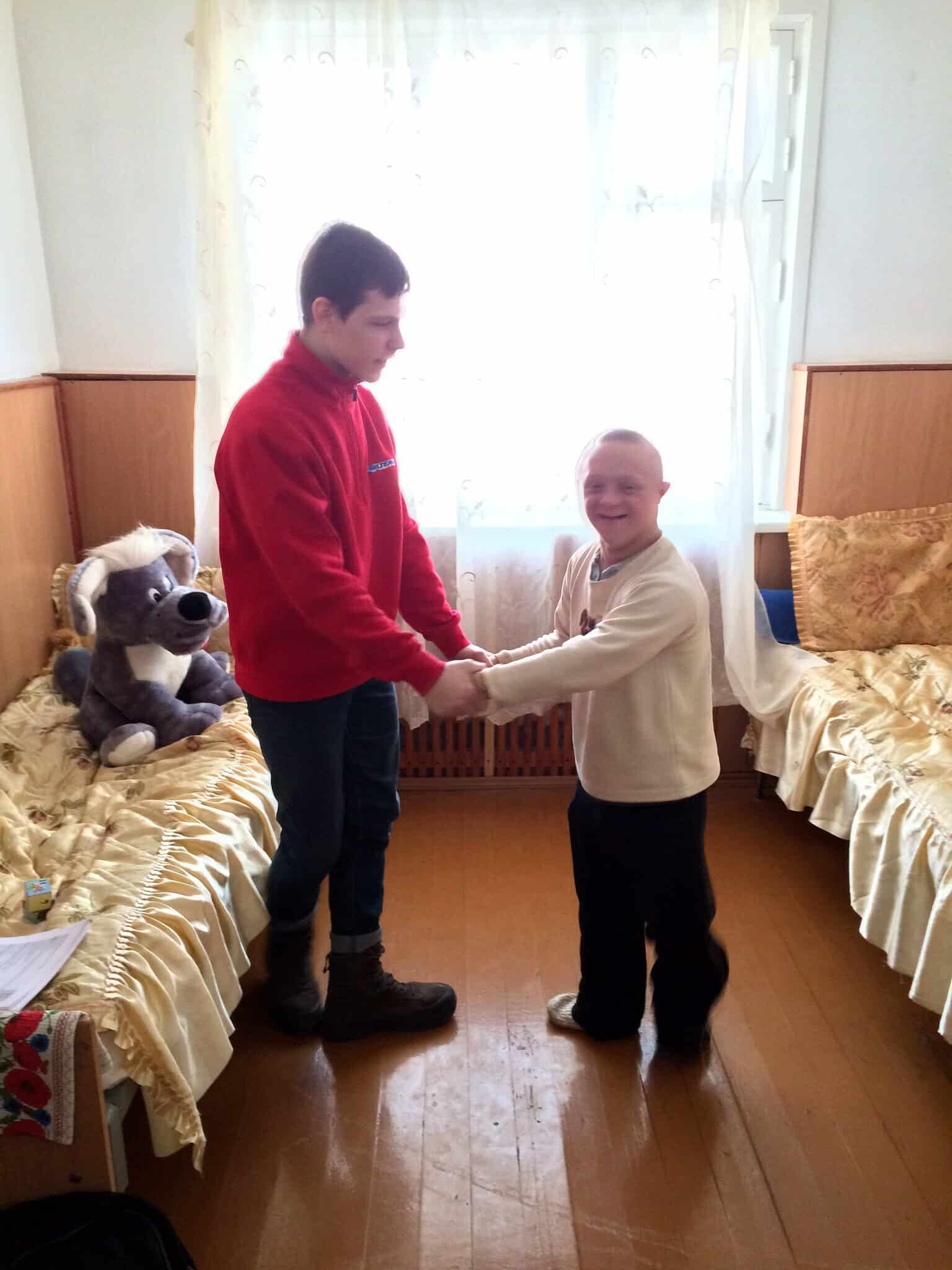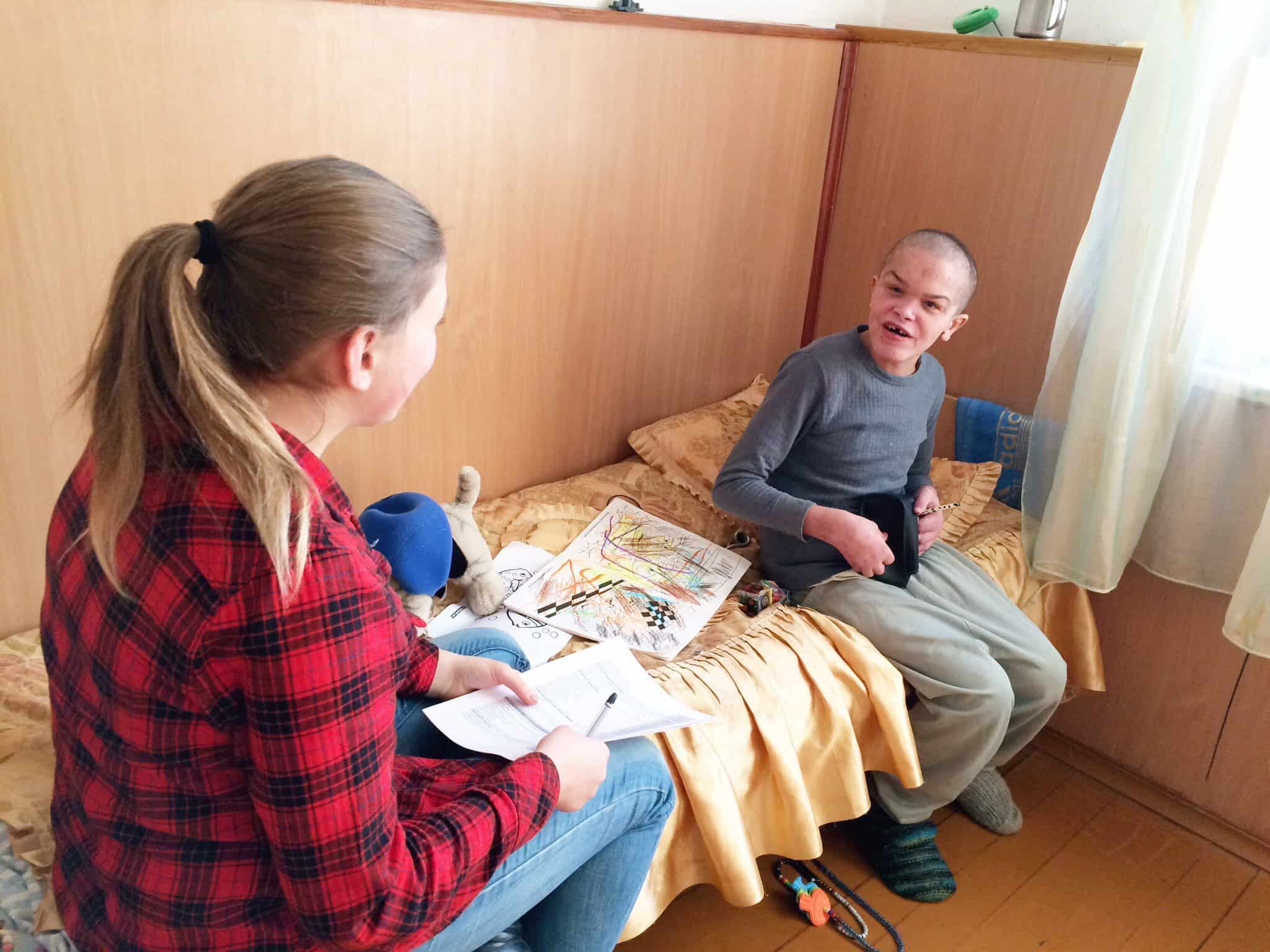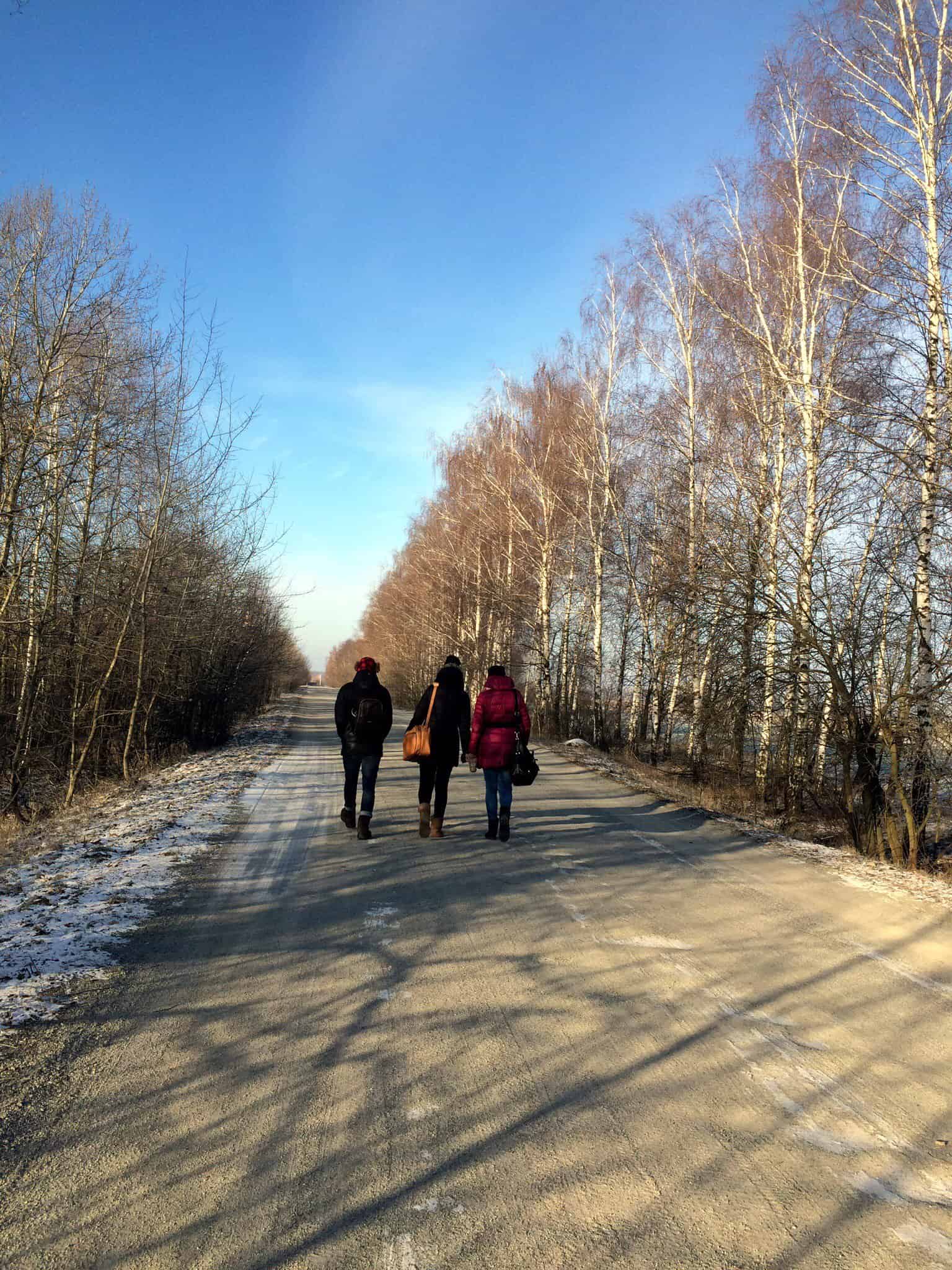From Jed:
“You can take the girl out of the trailer park, but you can’t take the trailer park out of the girl.”
Whenever Kim does something silly I like to remind her of her roots.
It’s all light-hearted but the adage makes me think of what it means to work toward the deinstitutionalization of people with disabilities in Ukraine… or anywhere for that matter.
Our dream is to help our friends find the love of a family and the support of their community as they work toward becoming fully human.
We have worked for many years, creating a beautiful space for them to flourish. They now have gardens, classes, coffee with friends, house parents, therapy, church community, fun time, work time, horses, yoga, their own bedrooms, holidays, birthdays, and countless other experiences. What full lives our dear friends now live, together with us in community.
As idyllic as this all sounds, to make this dream a reality we have a team of assistants, house parents, office staff, builders, teachers, cleaners, volunteers, managers, accountants… The organization of all this requires HR manuals, team meetings, performance evaluations, process improvement plans, goal setting, shift scheduling, training, retraining… you get the idea.
The most effective way to manage all of these details is to make institutional decisions so everyone is on the same page, they know what is expected of them, and they can perform their job functions effectively, timely, and measurably. Ok, this is sounding a bit too institutional for an organization focused on deinstitutionalization.
So, how do we keep from falling into the trap of systematizing the lives of our friends with disabilities, because it is more stable, easier to manage, and makes life all-around predictable? How do we not just create mini-institutions?
The truth: sometimes we do start making our friends’ lives more institutional. We catch ourselves bringing our hands to work, but leaving our hearts at home.
Boris is constantly teaching me to slow down and be present with him. Yes, he wants his needs met. But he also wants relationship and I can get so busy solving problems that I forget Boris is a person, longing for relationship, reaching out with whatever communication tools he has, “Know me, help me… give me a #$%^ cookie!”
When I treat Boris like a problem to be solved, my decisions and my relationship with him become institutional. I’ve done all this work to get him out of an institution and then I re-institutionalize him with my heart.
I use an analogy with my team that I learned from a dear friend years ago. He would talk about sending our stunt double to work, so we wouldn’t have to bring our real selves in that day. The stunt double takes all the hits, and never gets hurt, so we can keep on acting like everything is ok.
But with our kind of work, we don’t have the luxury of sending in the stunt double. This a work of the heart, from the heart, and each moment with our friends must be processed through our hearts. Now, we use a lot of thinking and strategizing, but that is only so we can be full-hearted and completely available when we are with our friends.
Another way we work towards keeping our organization leaning forward, open, and leading with the heart is to analyze what we are doing, with our vision in mind. “Why are we here?” When we build our job descriptions and work policies, we try to have a “skeleton of rules” that supports the body (our vision). No extra bones (rules) in the skeleton.
This year we are working on a community covenant that will represent the heart of what we are trying to accomplish and the ways we all agree to work together to further our vision of deinstitutionalization.
For analyzing our work, we use a team-wide process called Appreciative Inquiry. I’ve used this approach for more than 15 years now in my professional work. Instead of going with the old classic, problem-solving model, we sit back and ask ourselves, “What is working well here?” “How do we do more of what we do well and spend less time on the areas where we struggle?” “How do we apply the ways we do things well to all areas of our work?”
I like this approach because it uses everyone’s experience and perspective as we look ahead. Our work is cross-cultural and ultimately effective if our local staff is leading the analysis, development, and implementation processes.
Another way we seek to avoid recreating mini-institutions is by remaining small. Small is beautiful. There are more than 100,000 people with disabilities institutionalized throughout Ukraine. It would be foolish to think we can solve this enormous social issue.
But, we can be a sign of hope, a candle in the darkness, a piece of the puzzle as Ukrainians change the future reality for people with disabilities in their country. By remaining small we can stay close to the heart of what we are trying to accomplish- the deinstitutionalization of people with disabilities. Not just removing them from a physical institution, but fighting to keep our hearts at the forefront of this work, remaining open to the cry of each of our boys to know and be known, to love and be loved.
Over the next three years, we plan to take four more people into our care and complete the final building on the homestead. After that, all our growth will be through partnerships and supporting the replication of this model of deinstitutionalization and family-centered care.
By remaining small, we can put our energy into helping other organizations and people to deinstitutionalize in their communities.
We strive to keep a simple approach that has the support of essential rules needed to function, with our focus on the heart of each person. We are creating a place where our values are not just applied to the work with our boys, but also to our coworkers and community members. Everyone is worthy of Dignity, Love, and Hope.
Staying close to this vision and not getting too big for a britches is how we plan to not only take more of our friends out of institutions but also to keep from re-institutionalizing them with our model of care.
Now, while I can’t get Kim to stop making tater-tot casseroles and listening to Joe Diffie, we haven’t been driving by that double-wide for sale down the road for a few weeks… so there’s hope. (I’m joking!)
